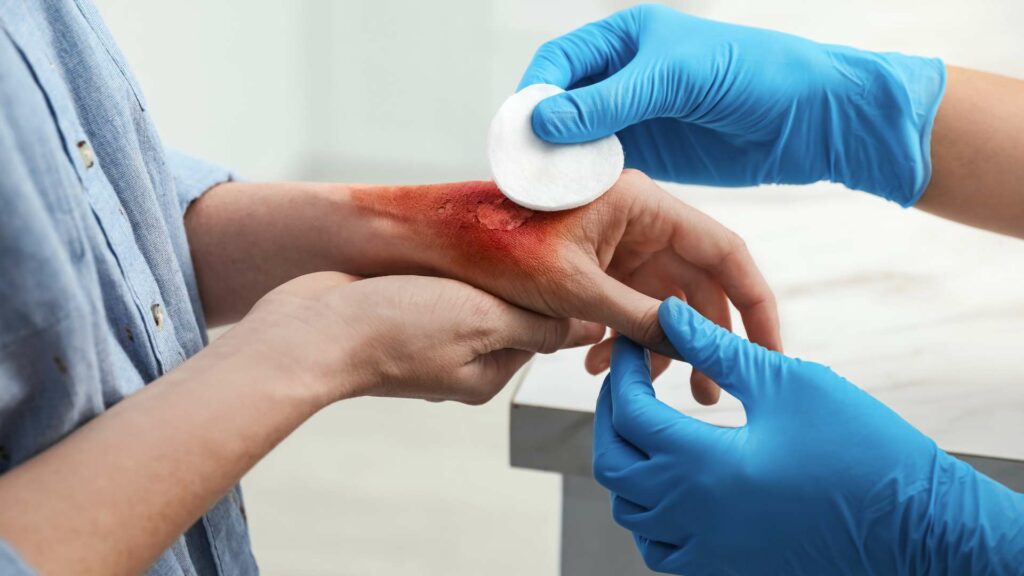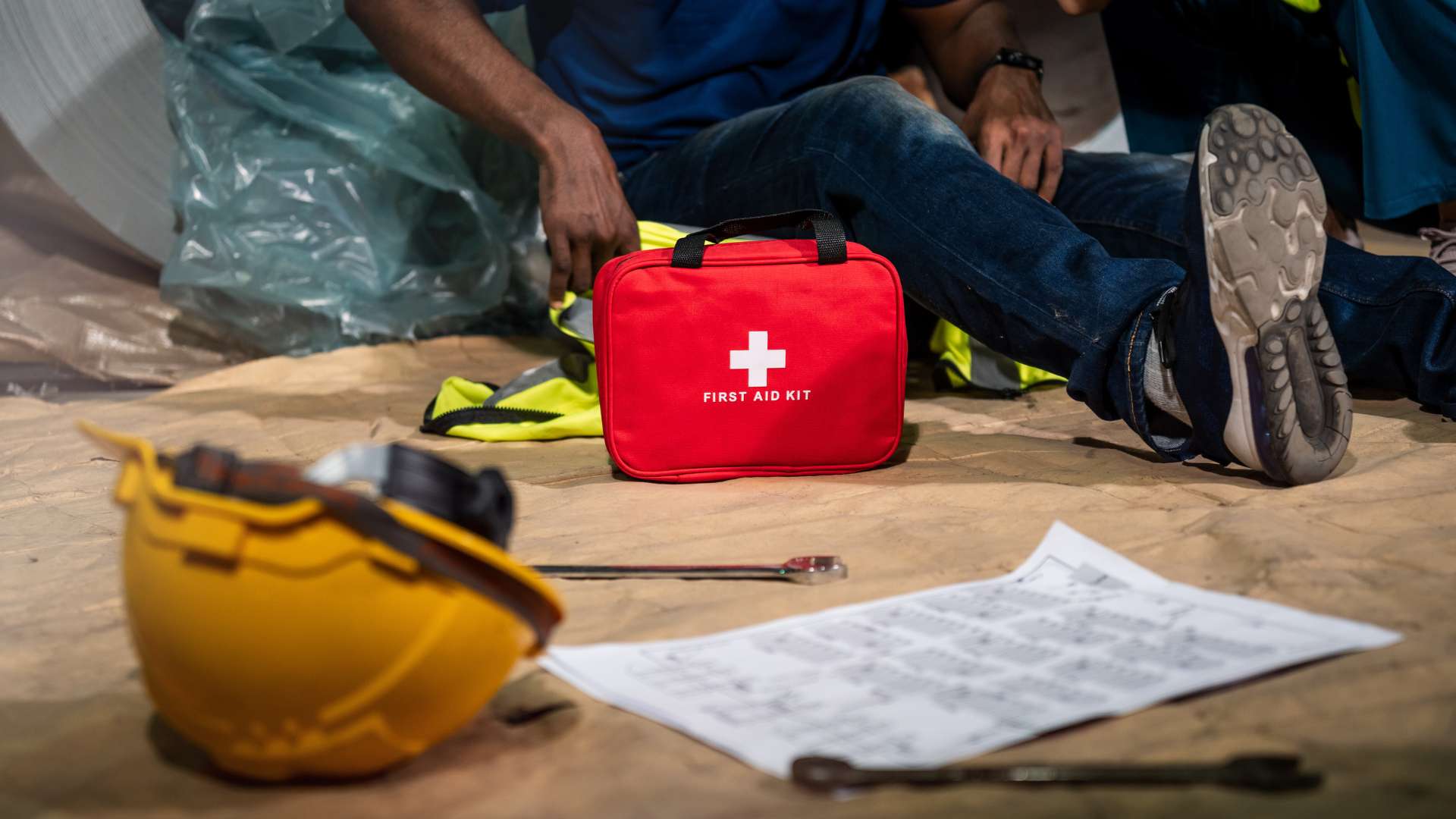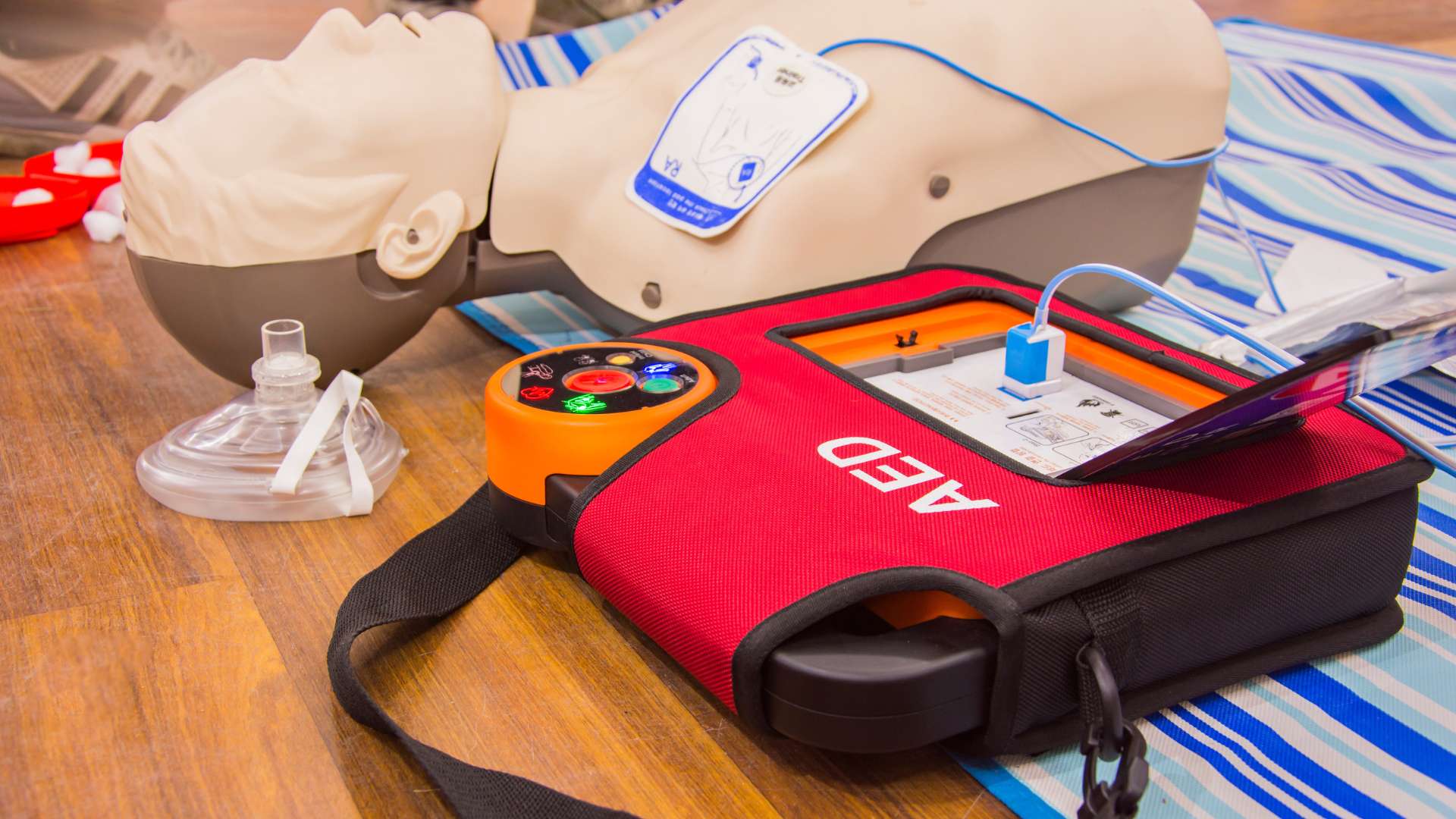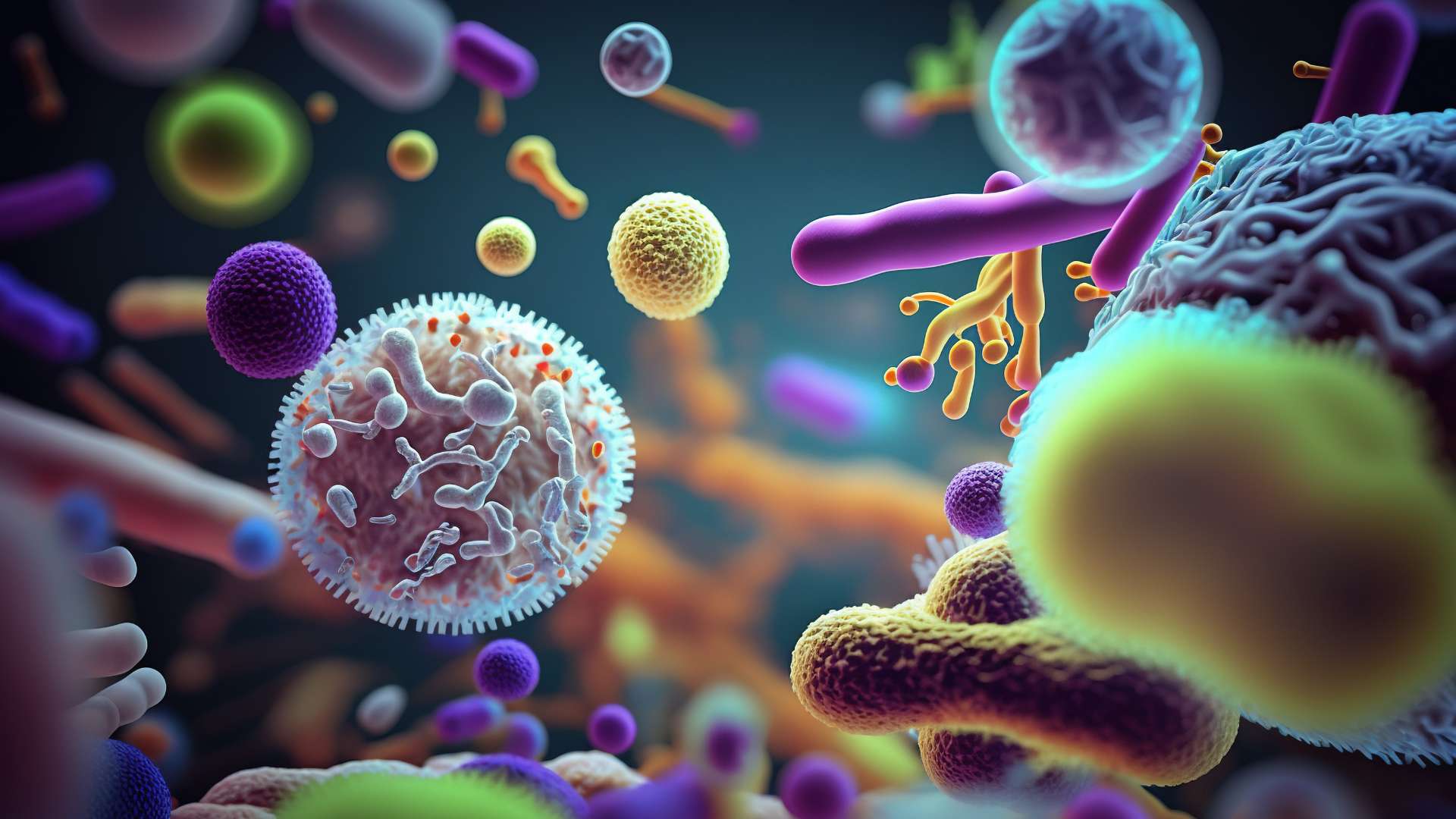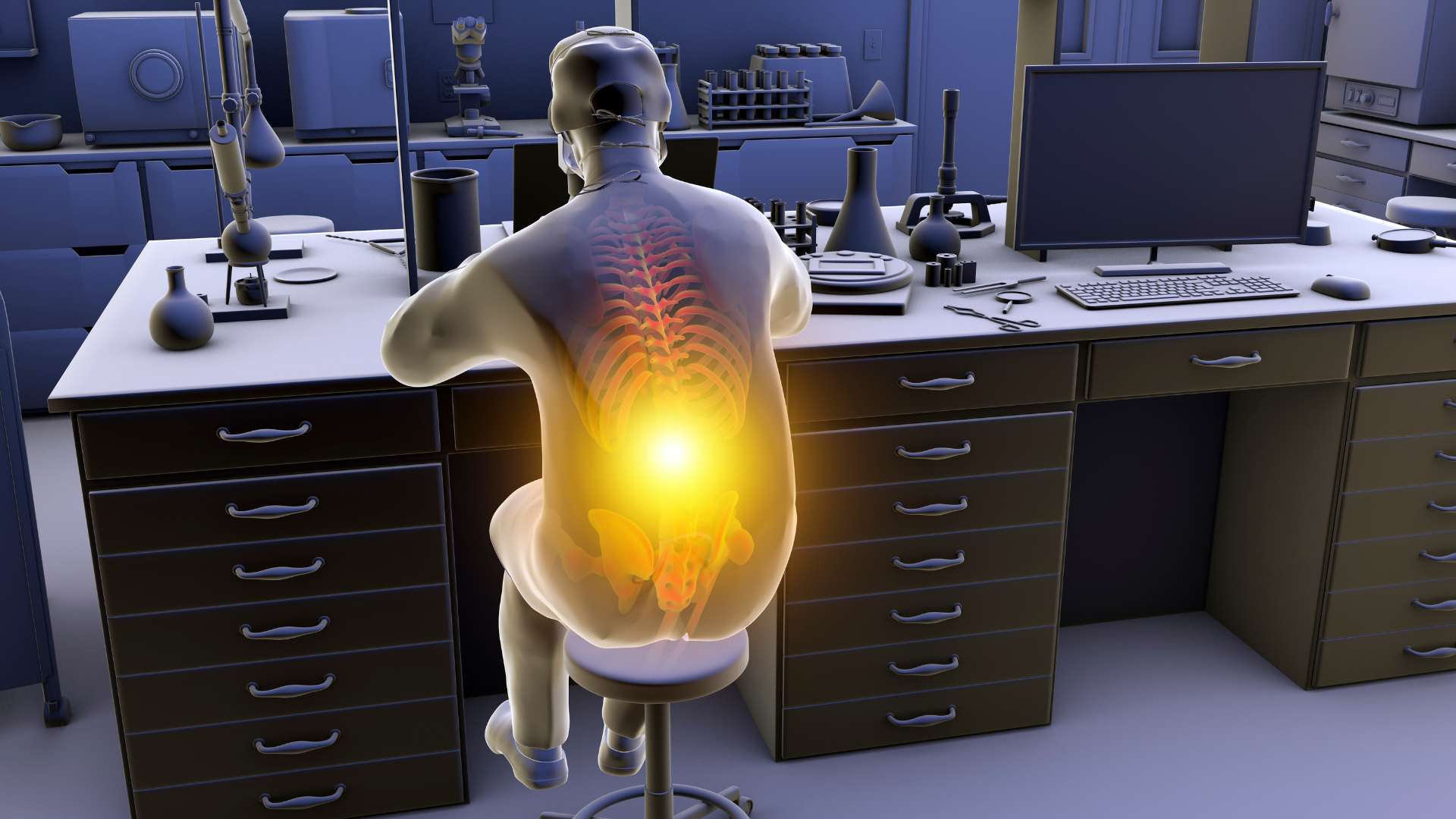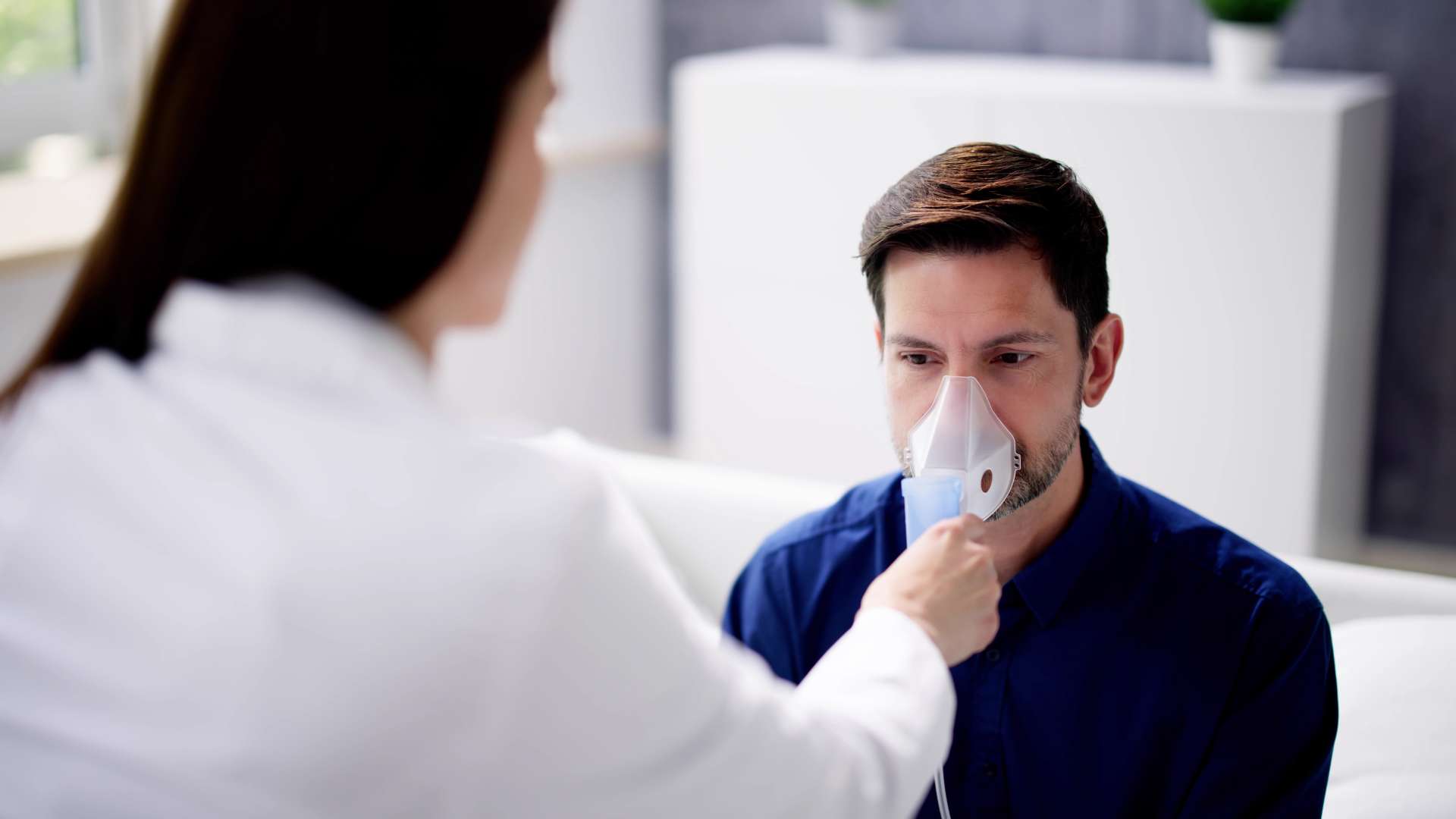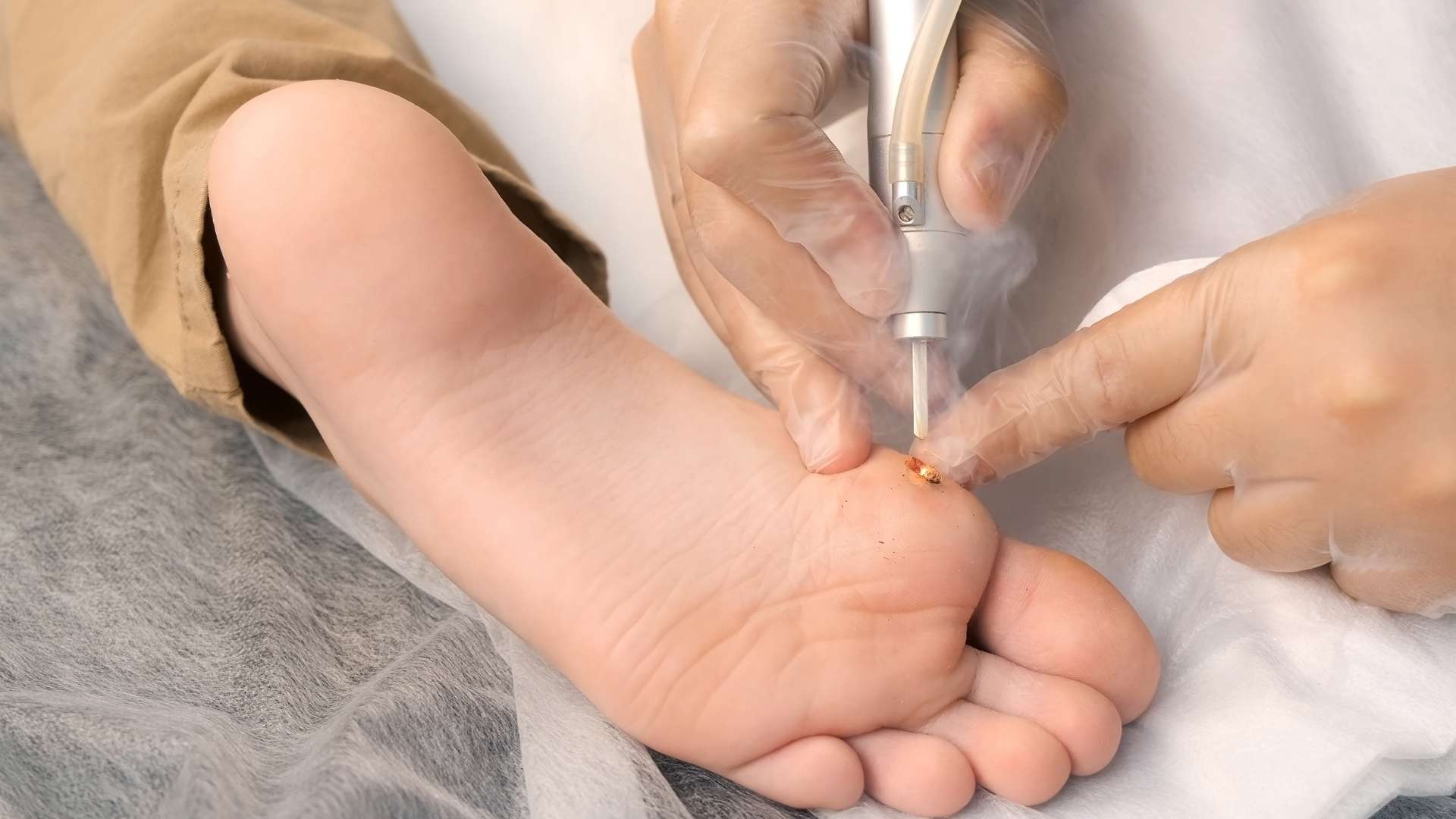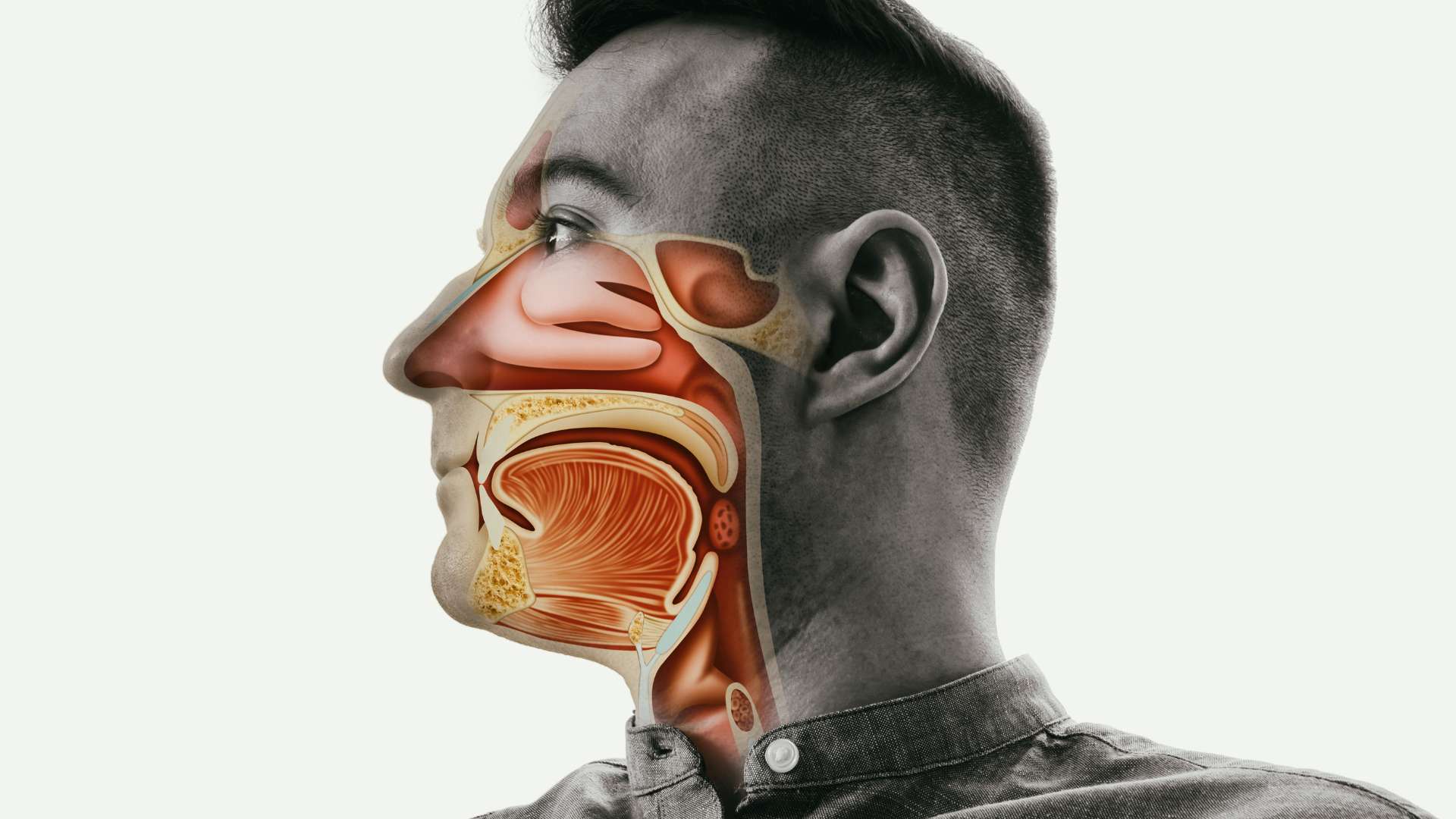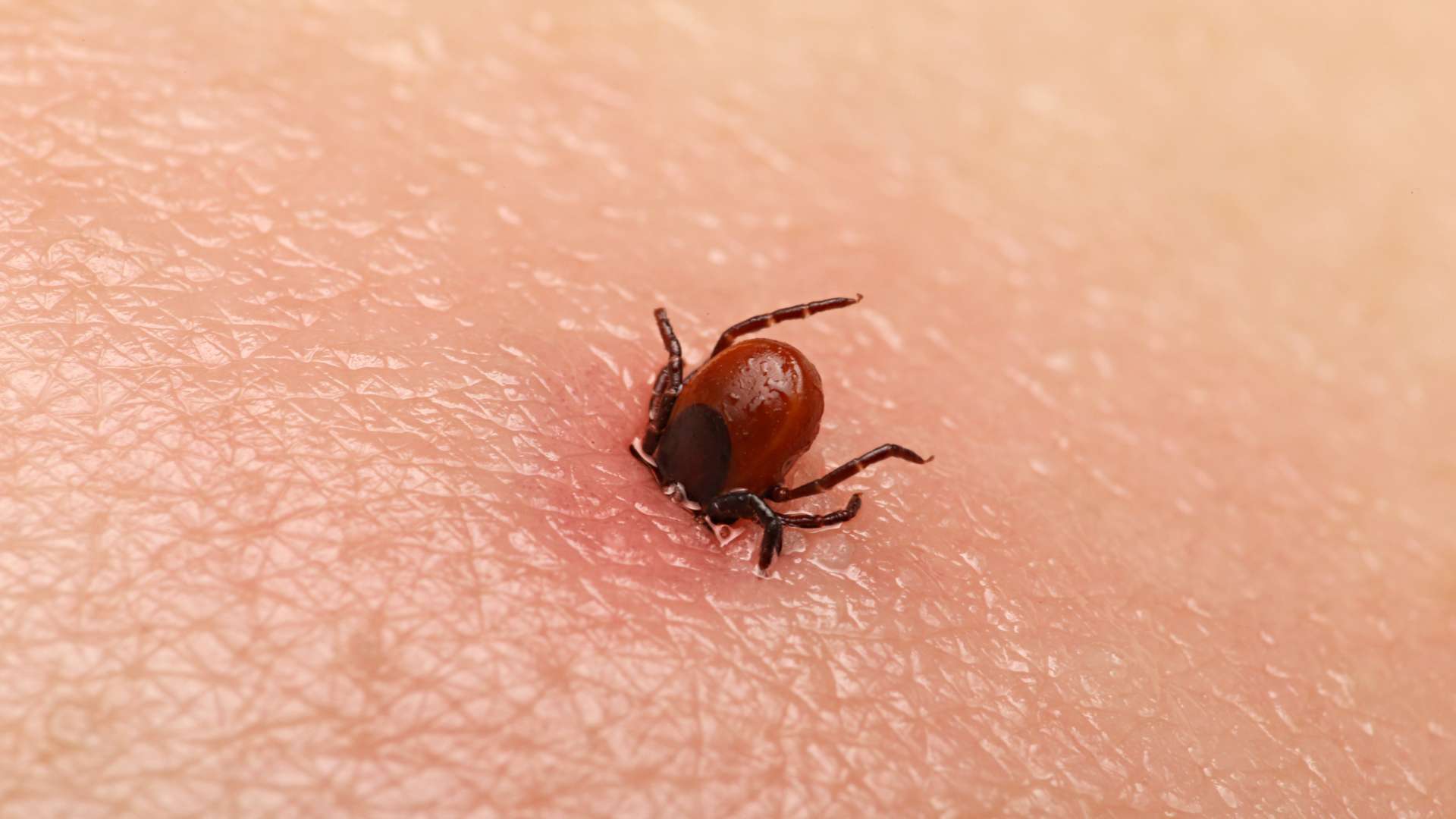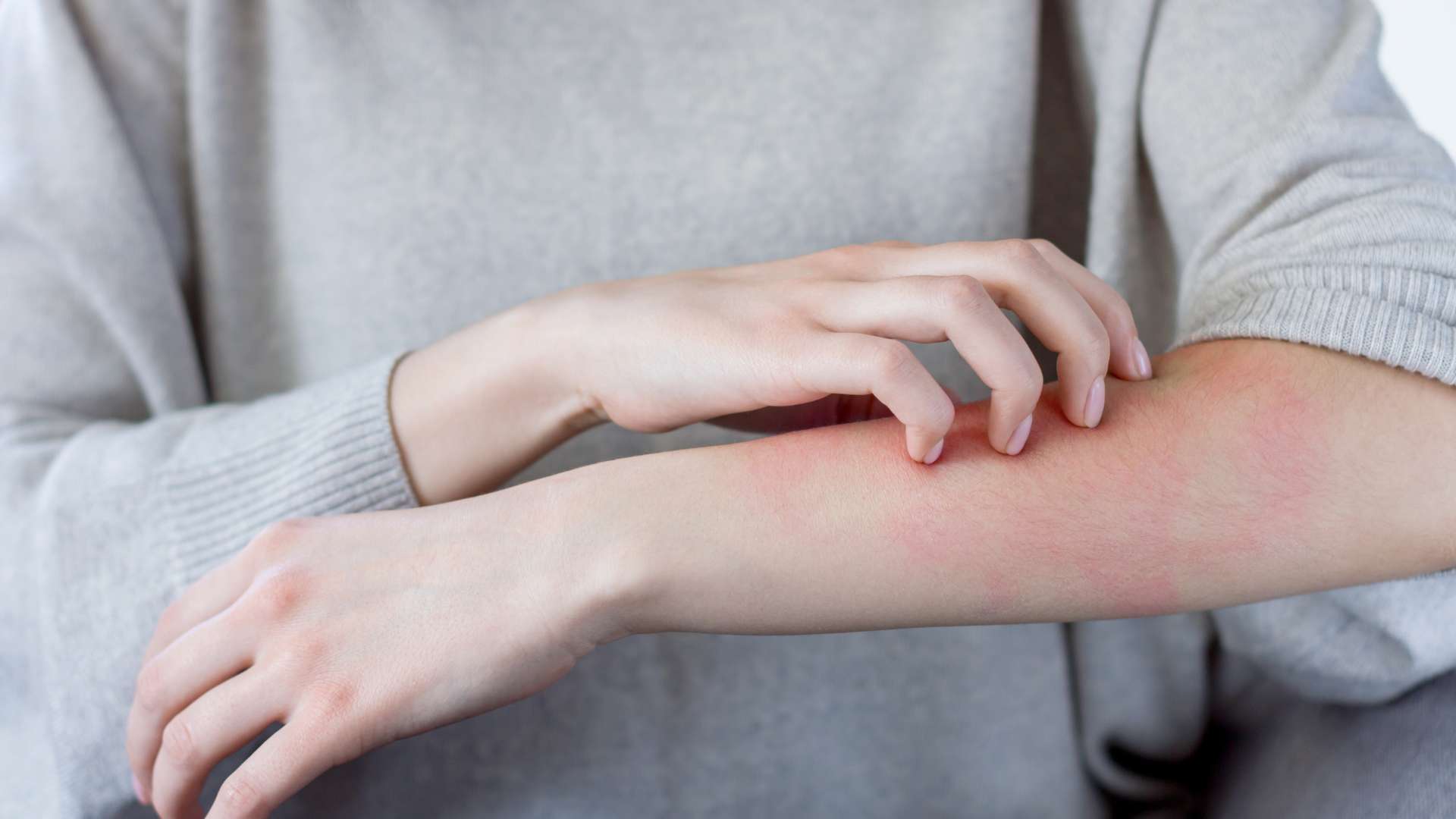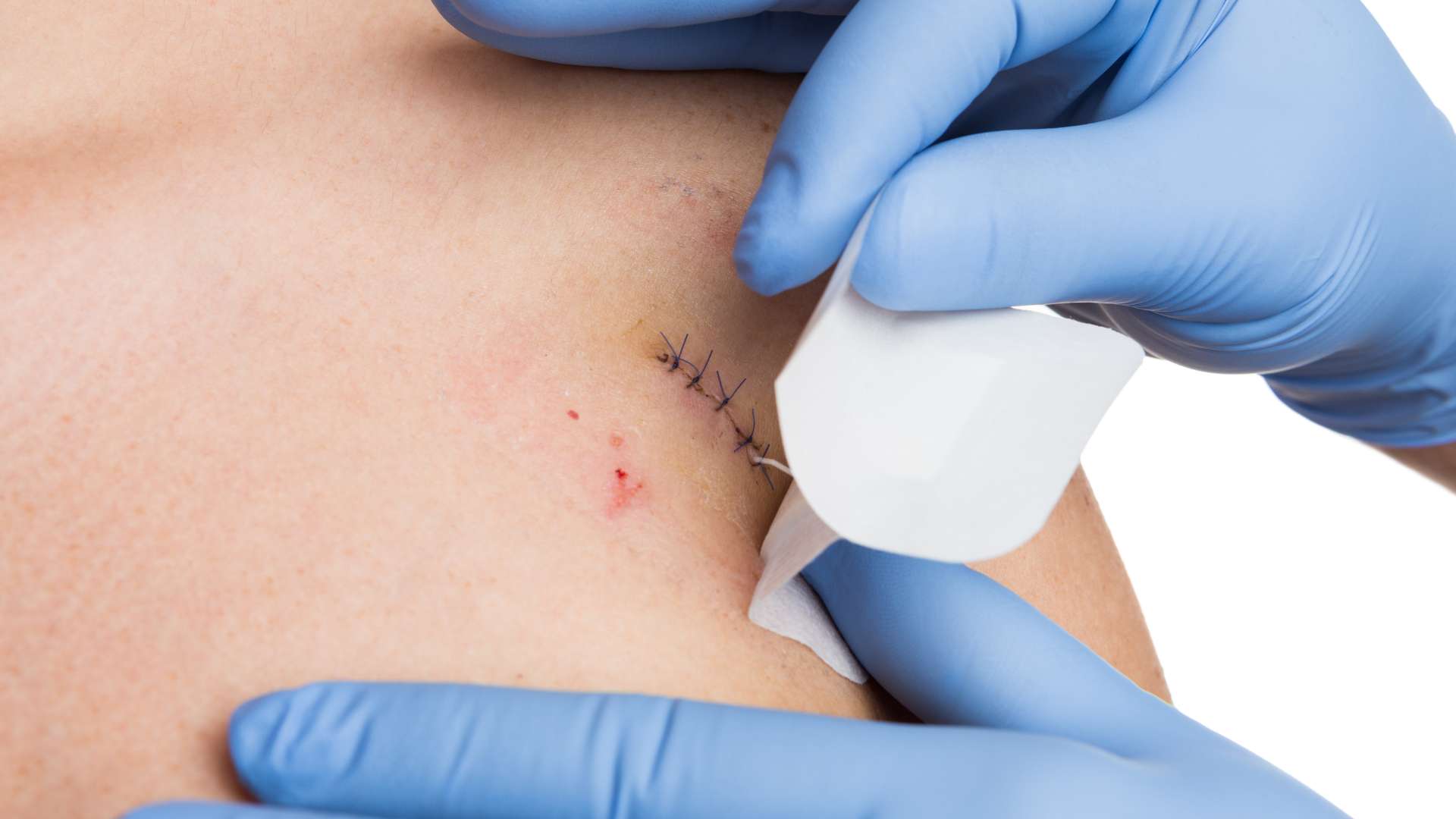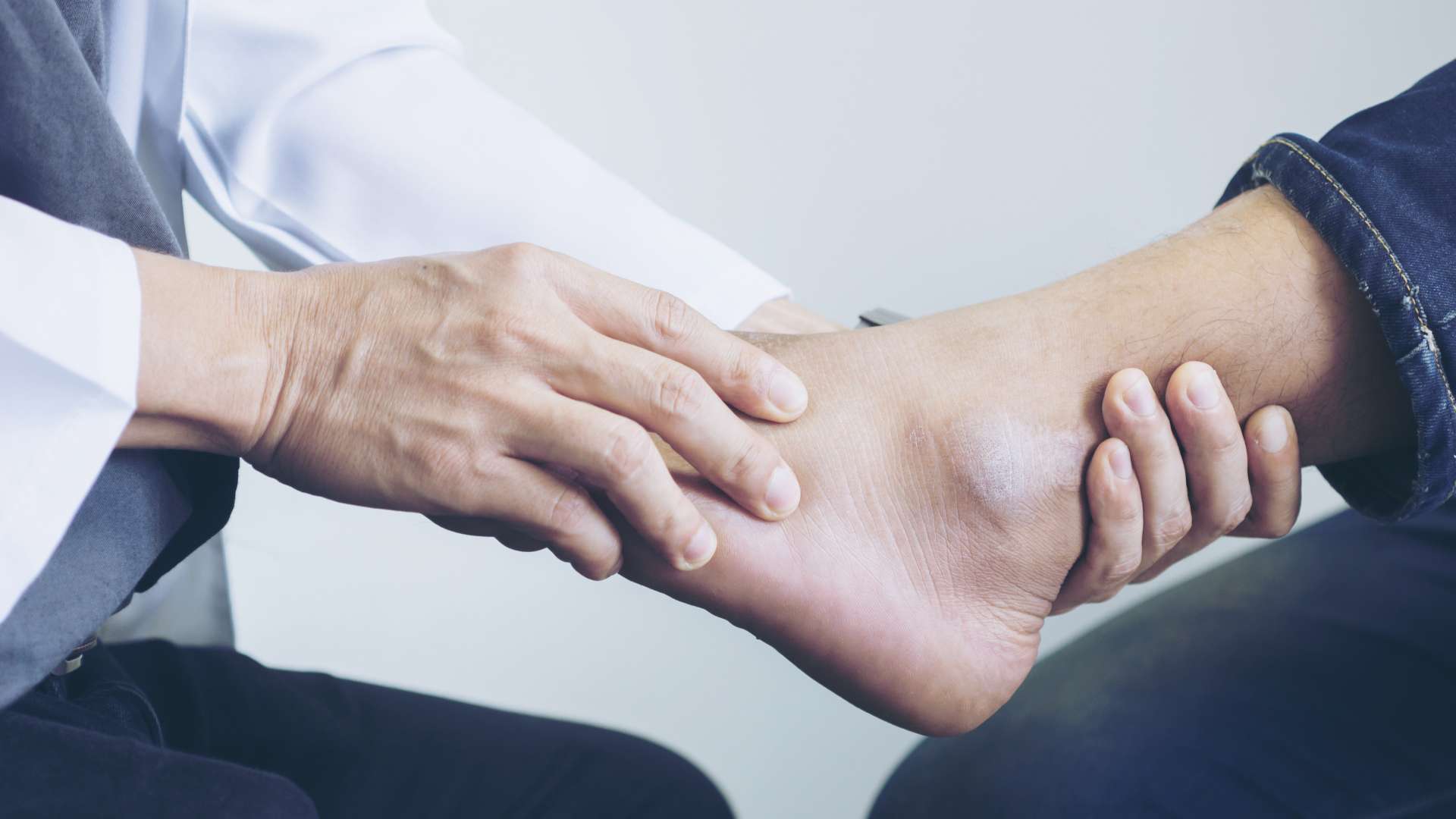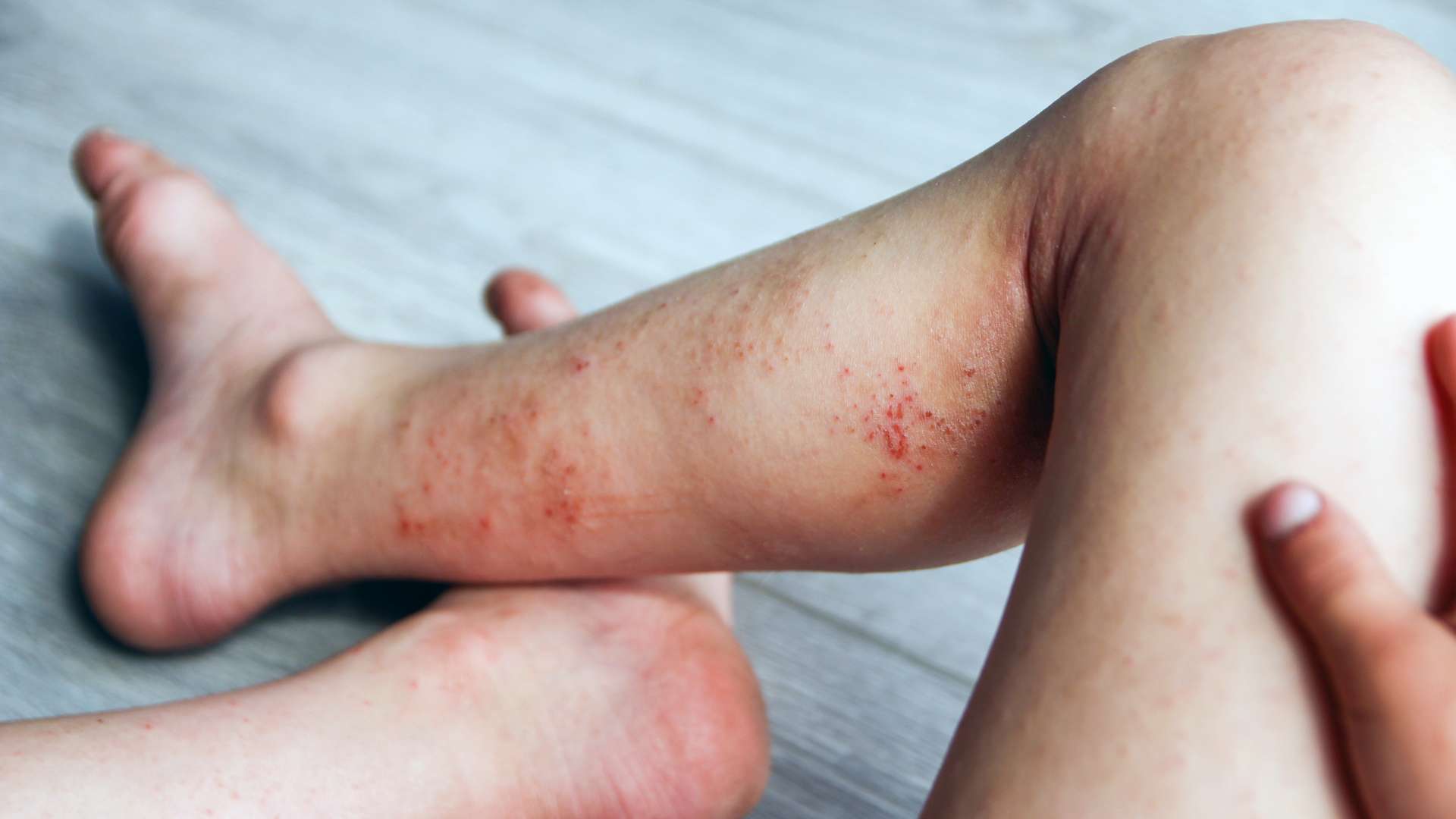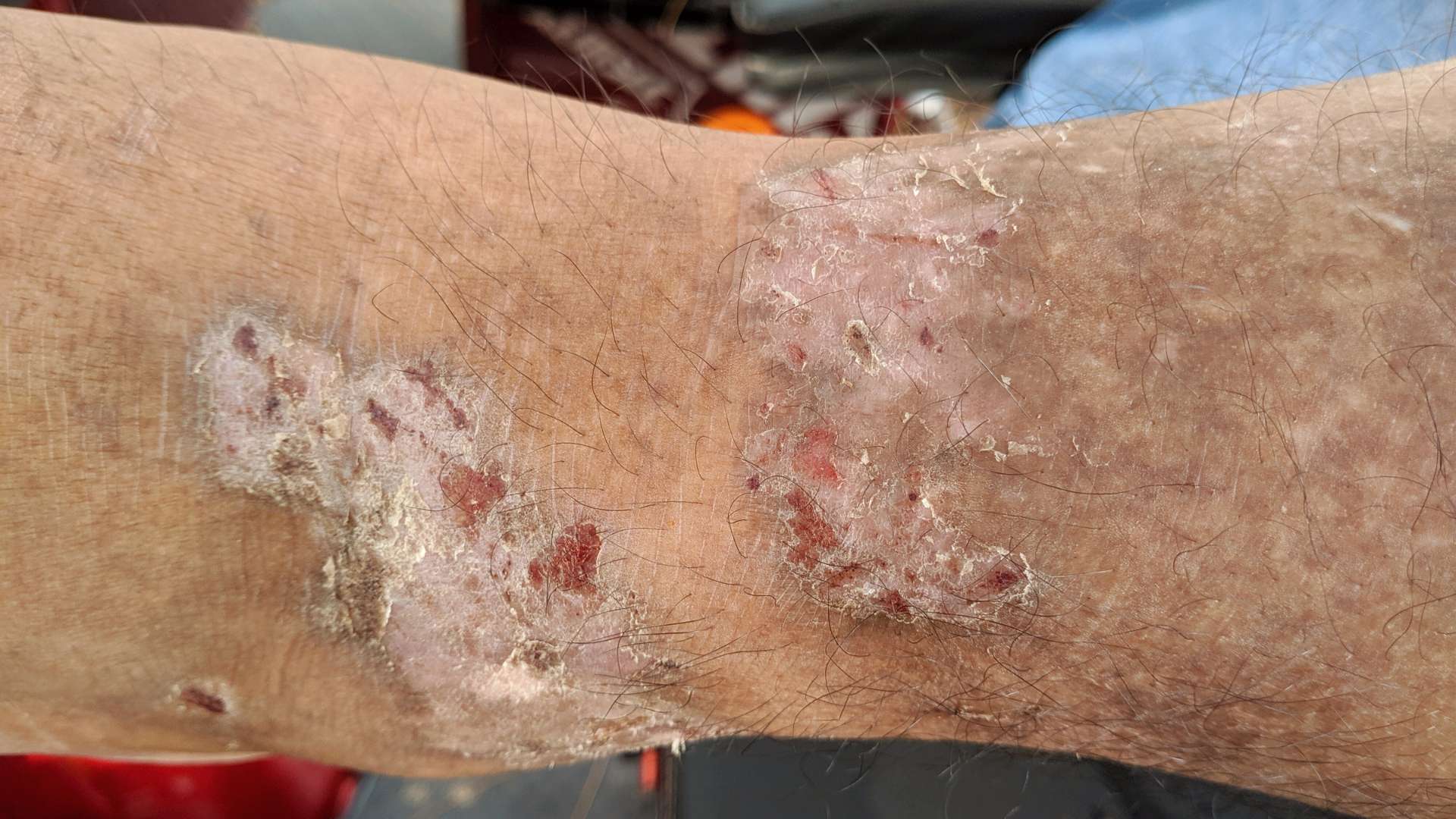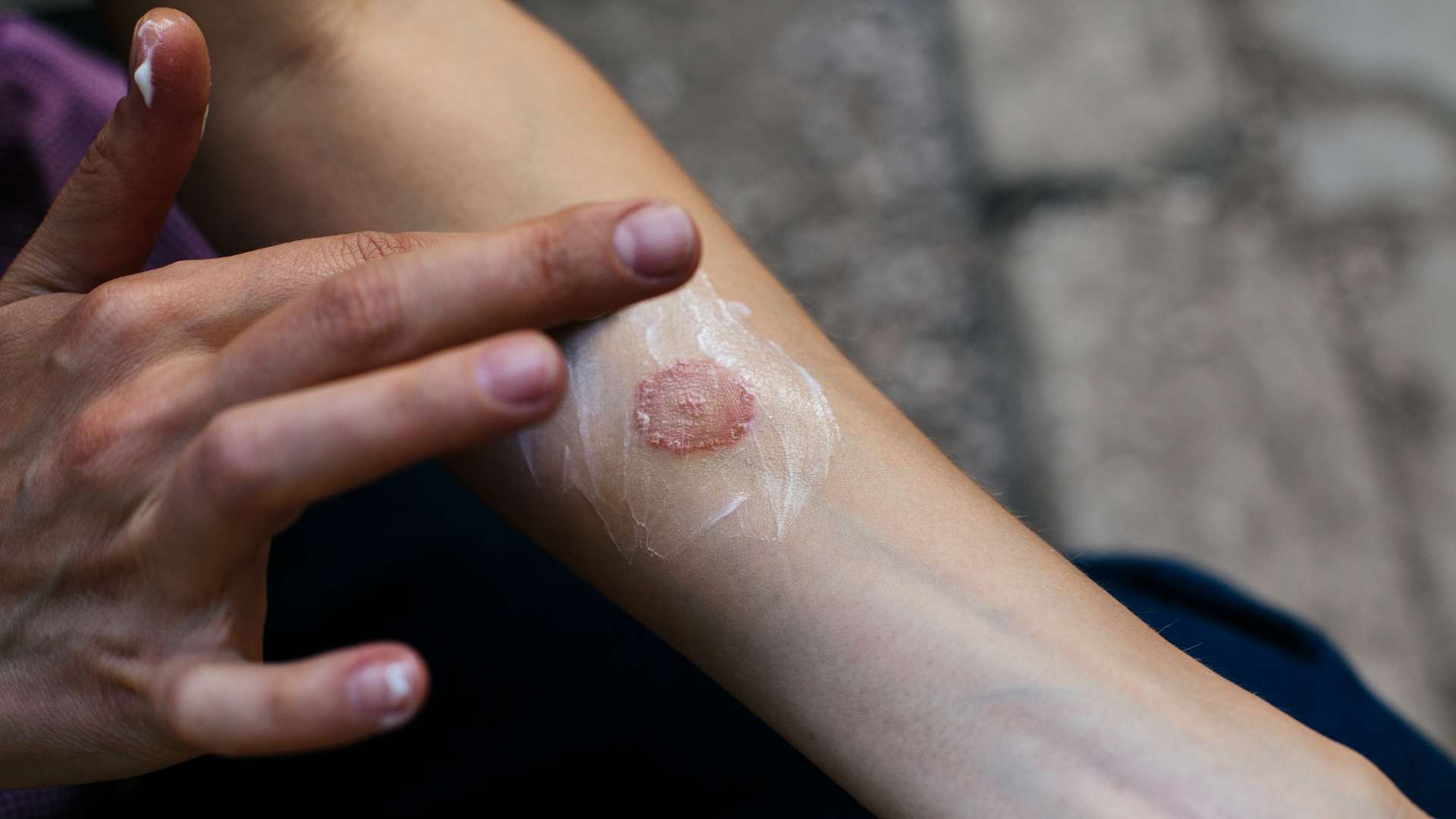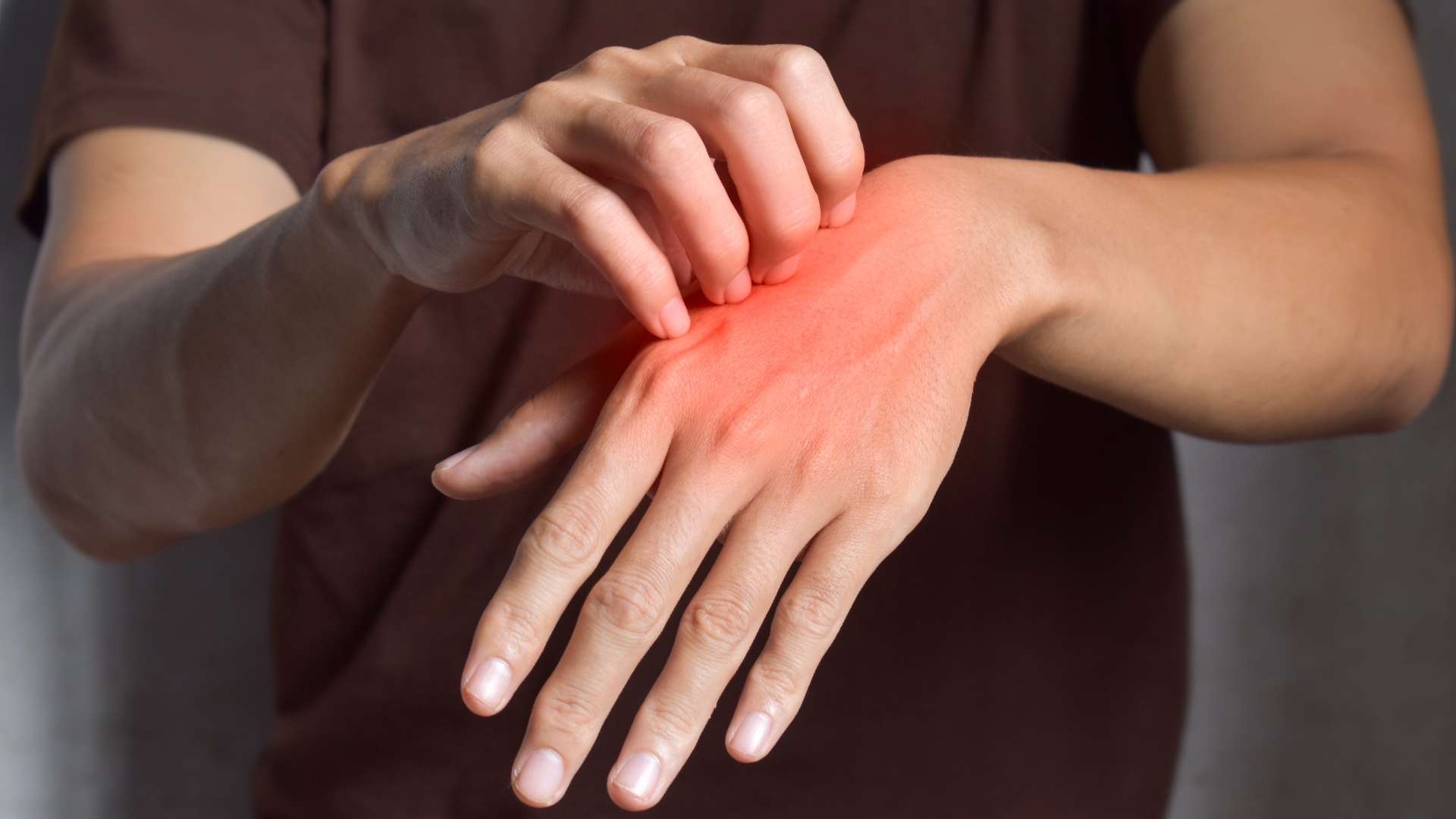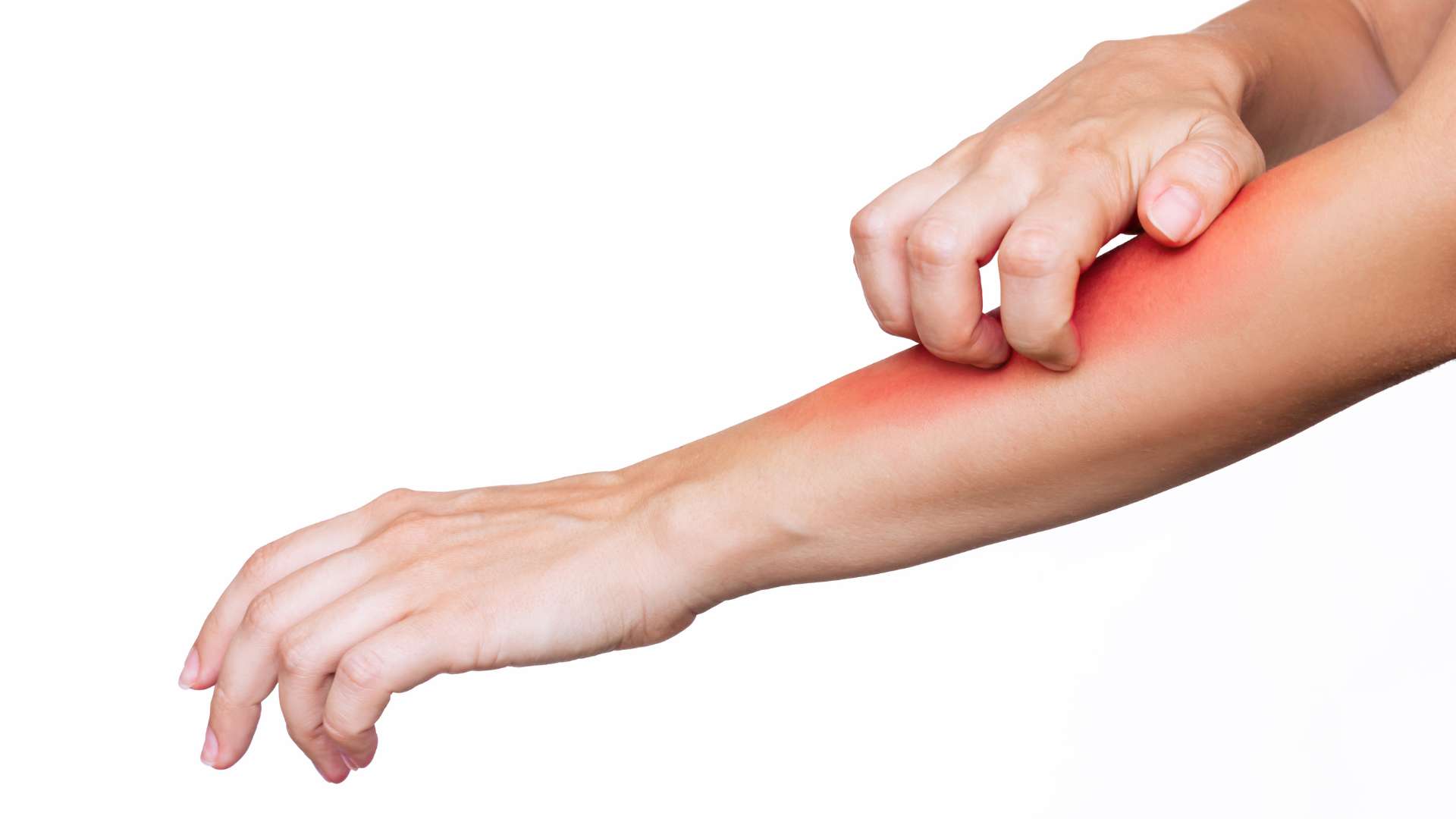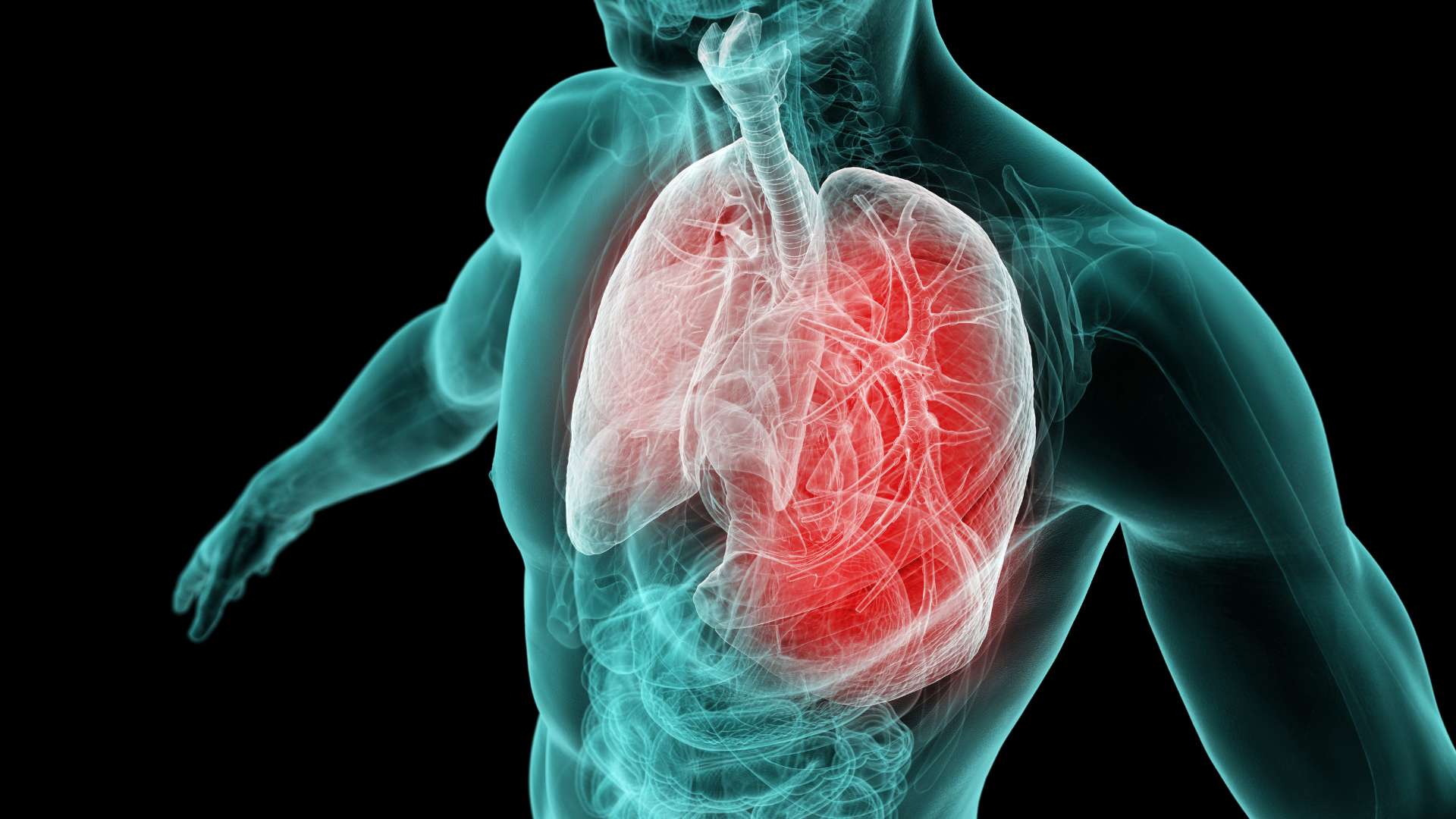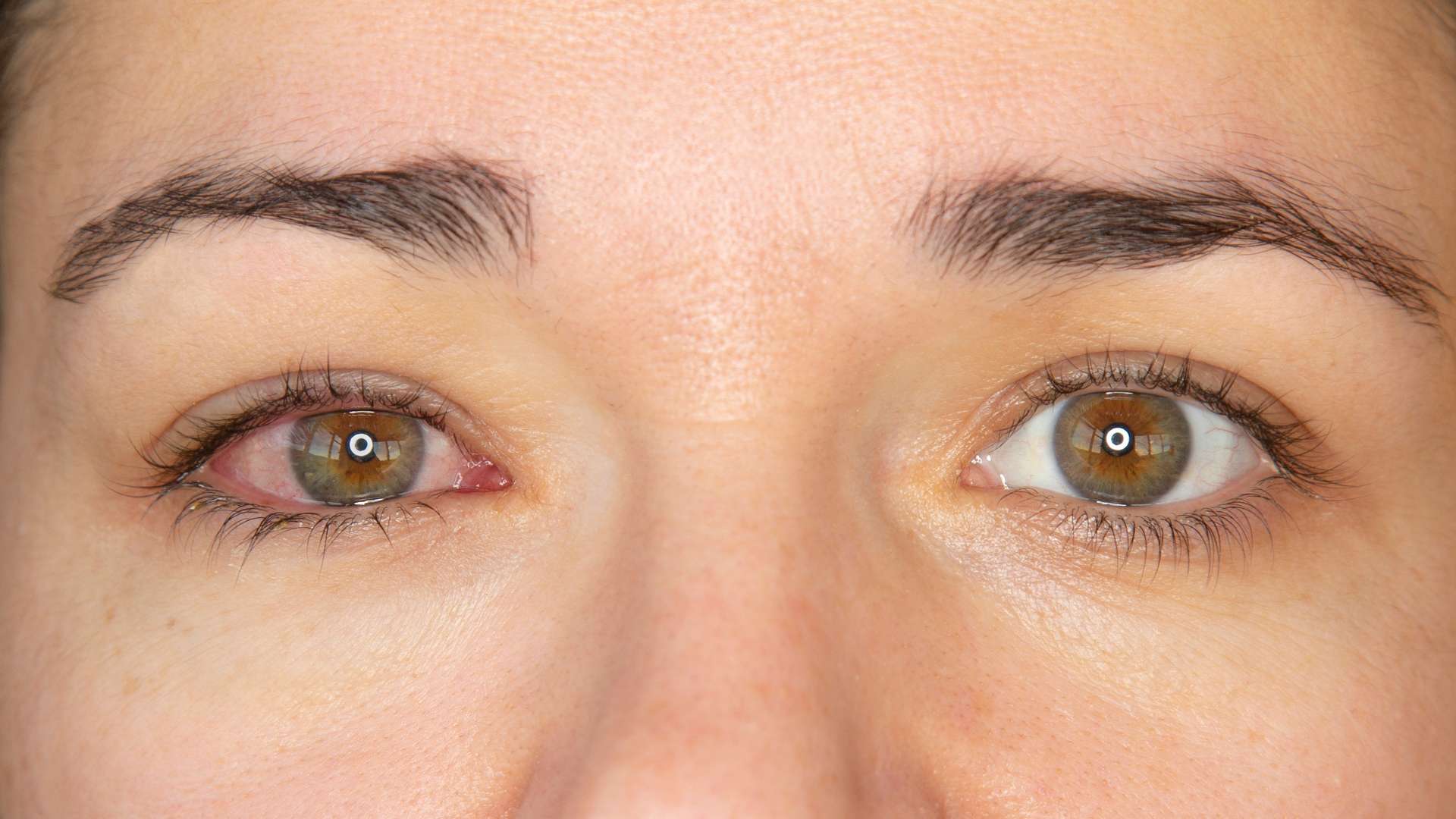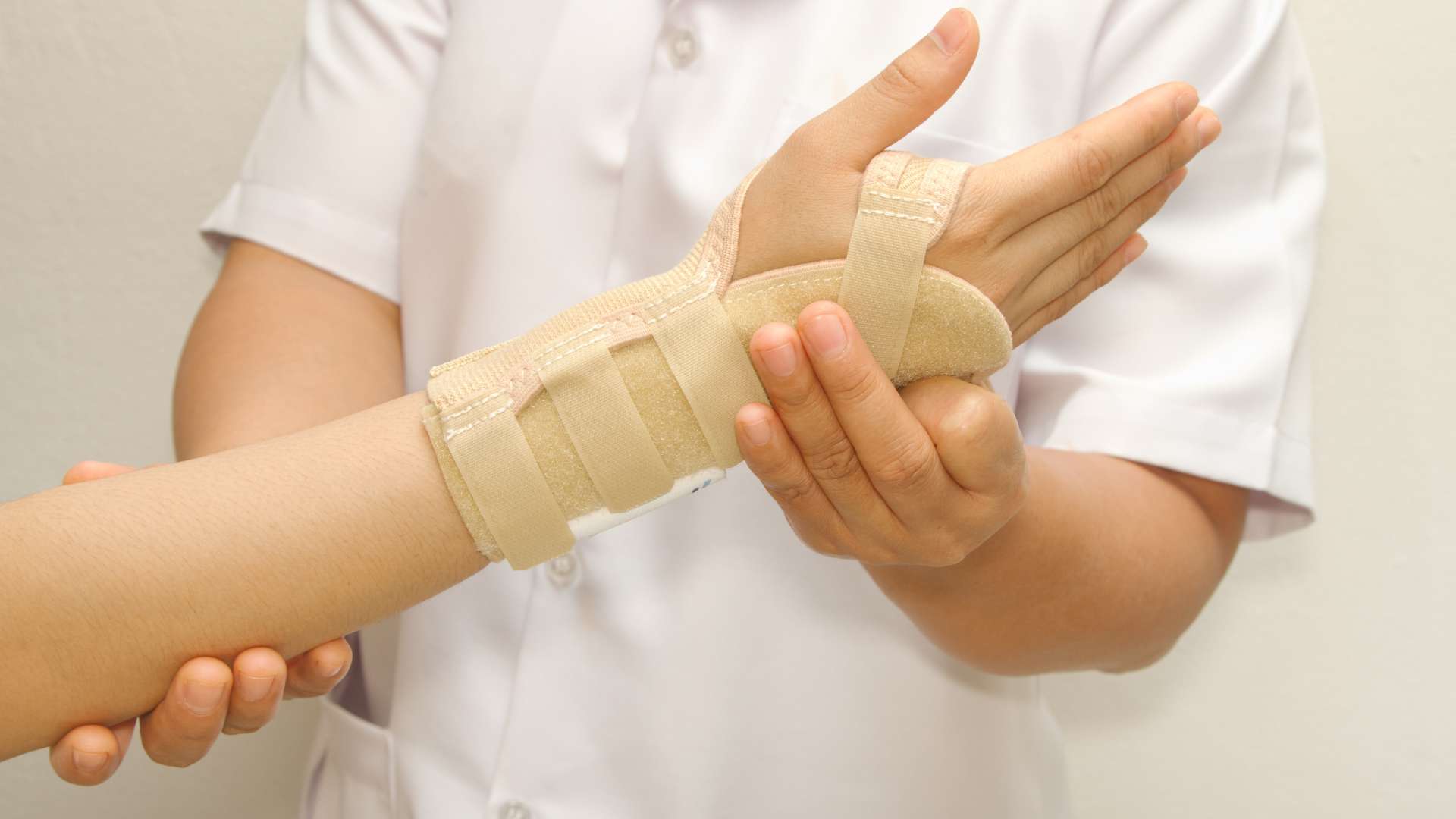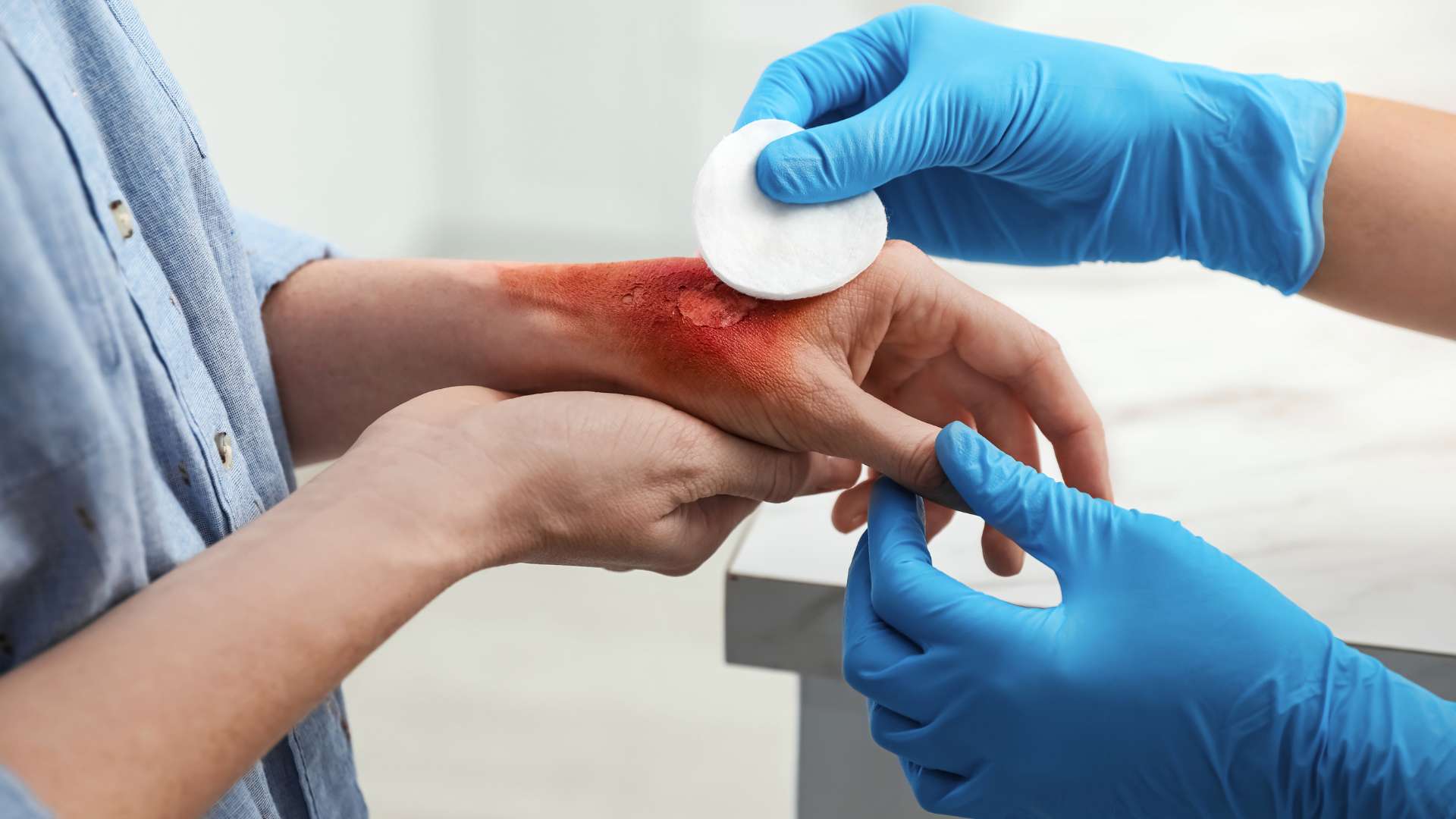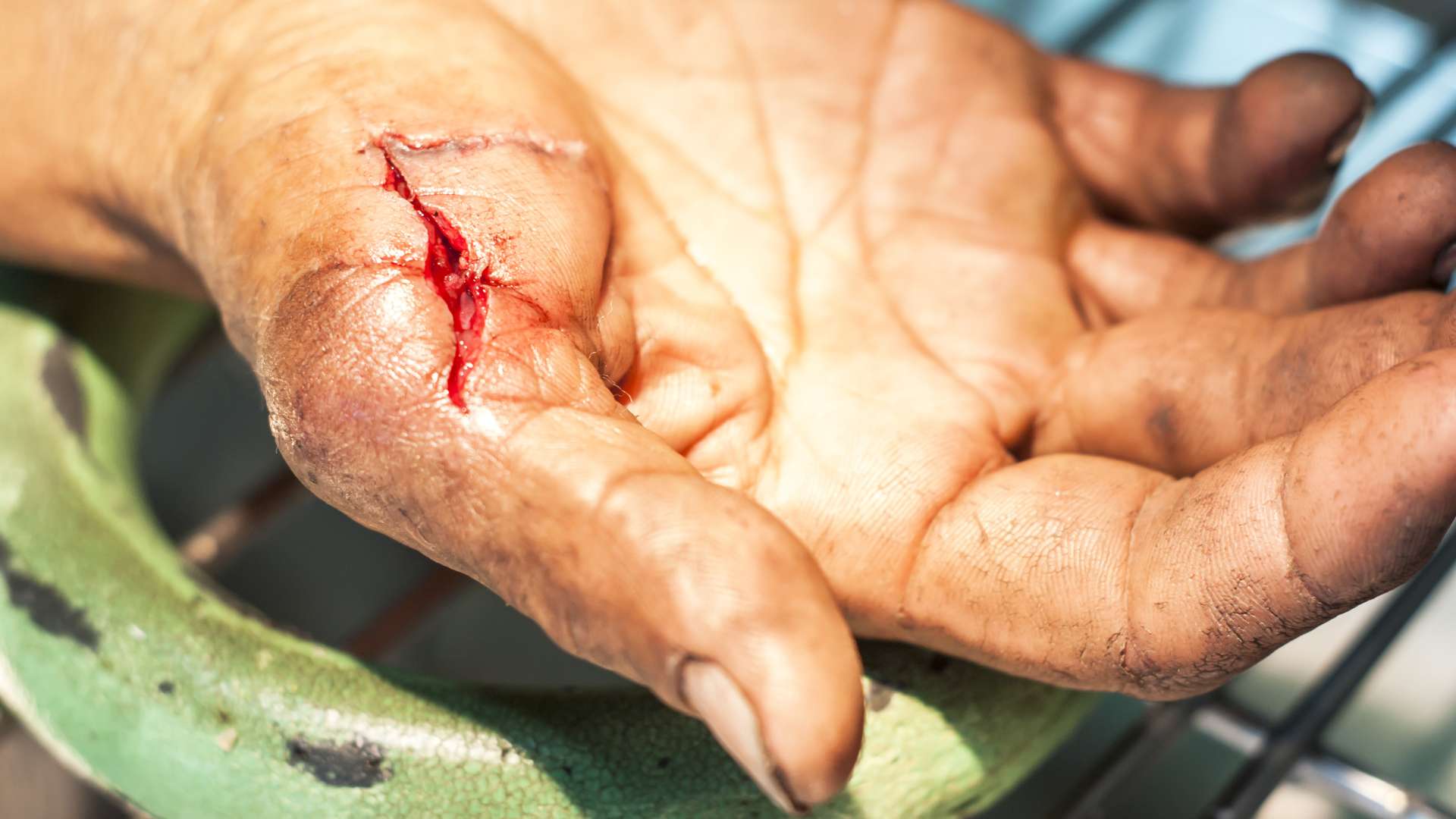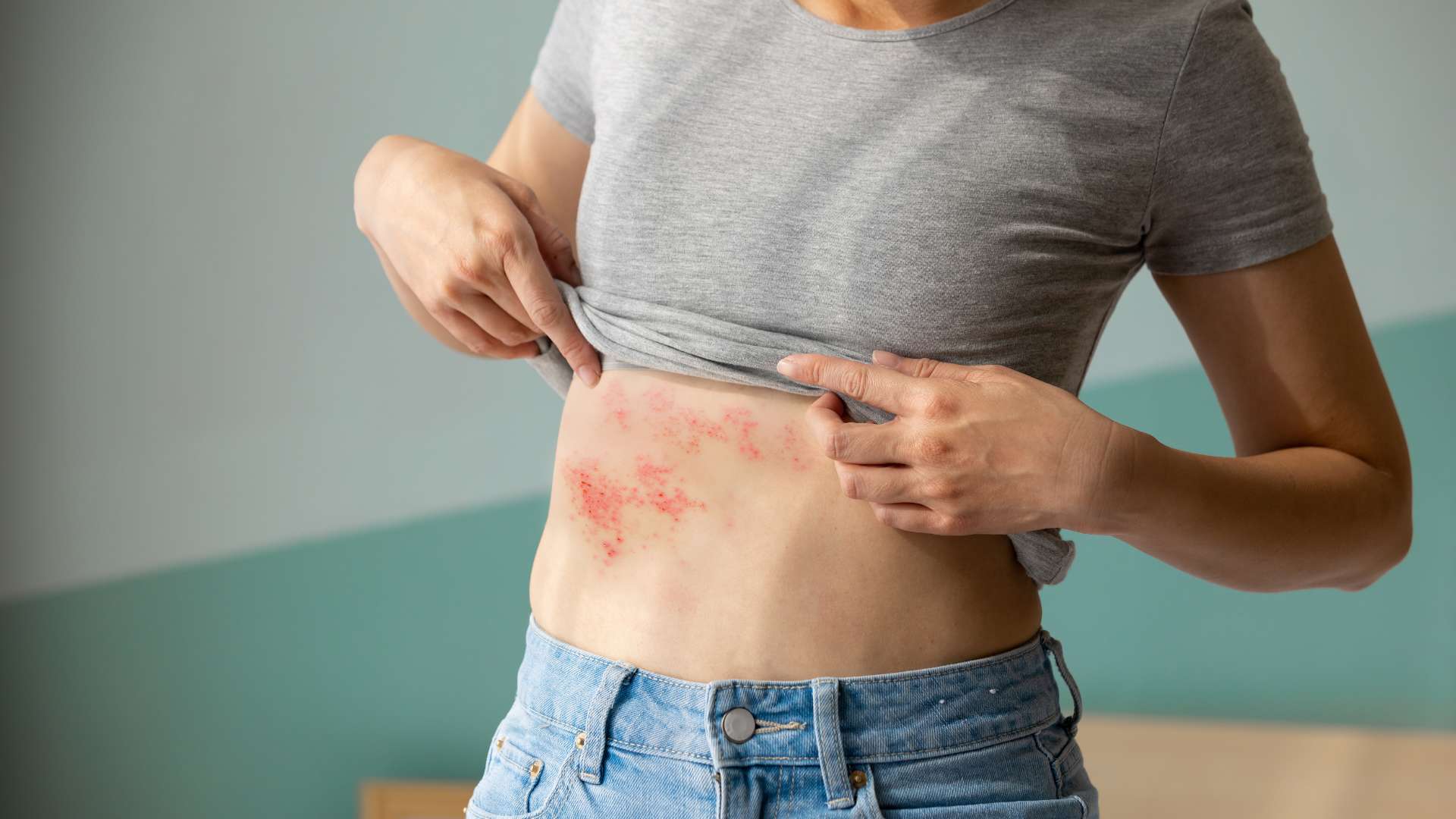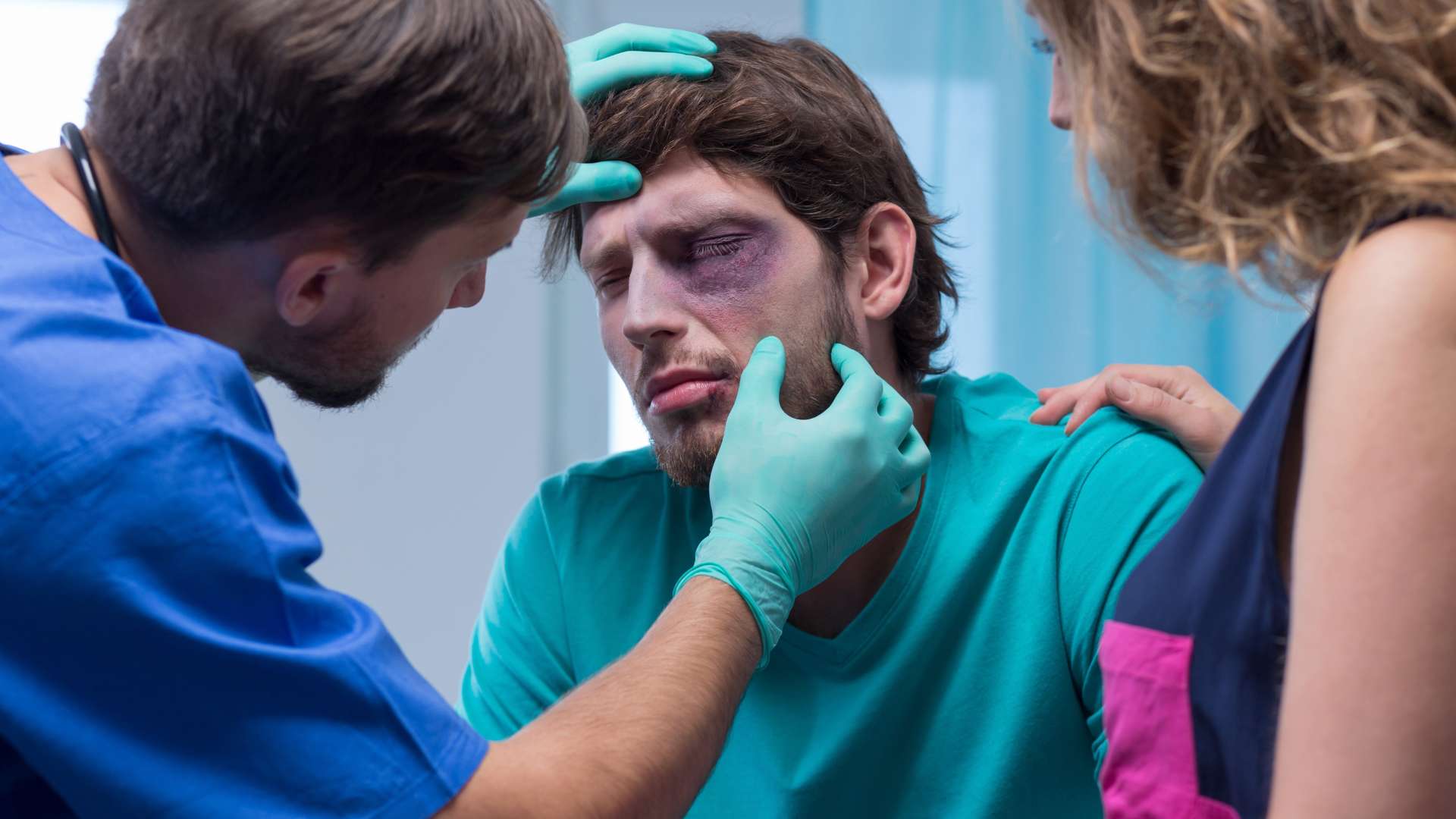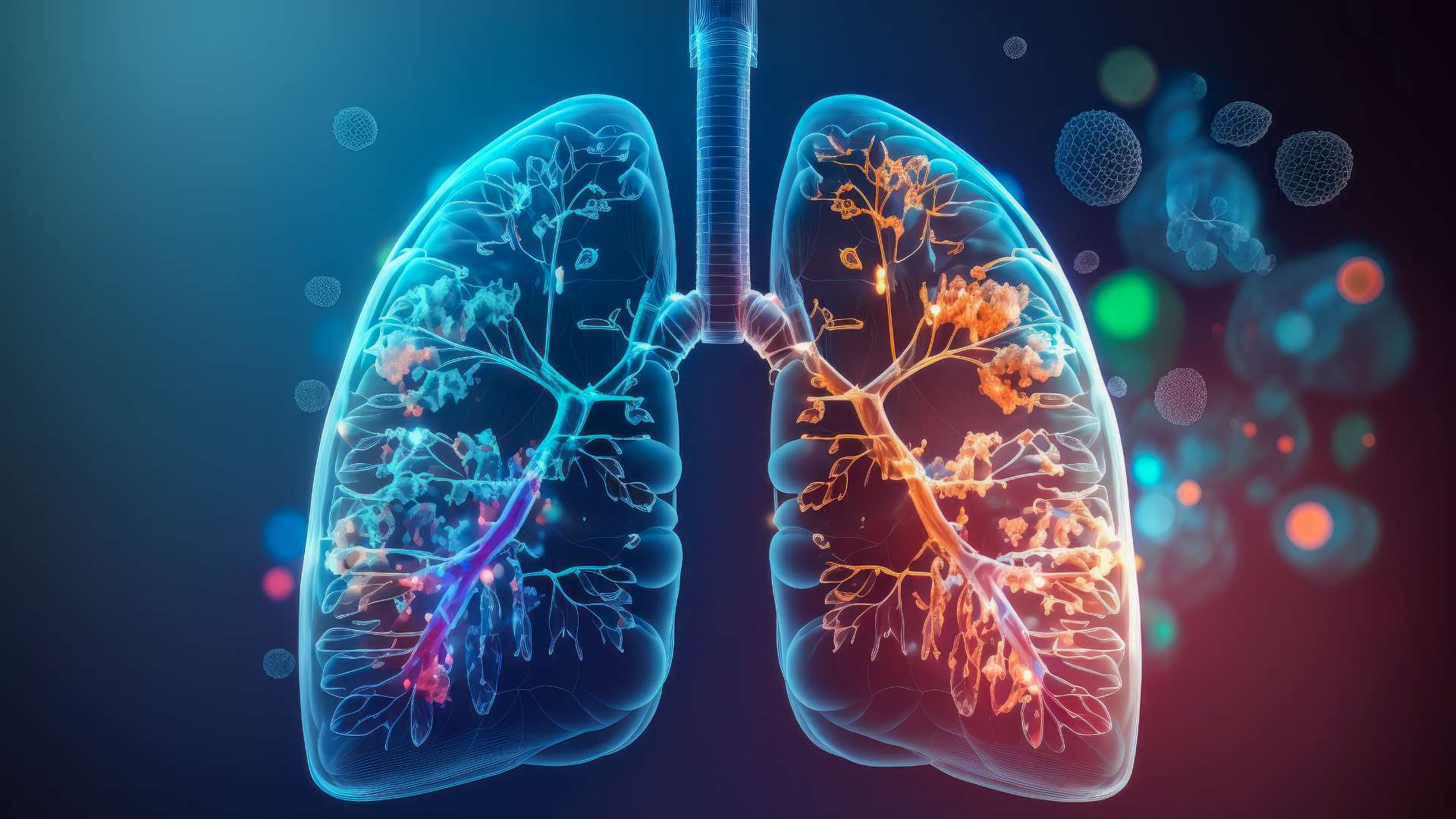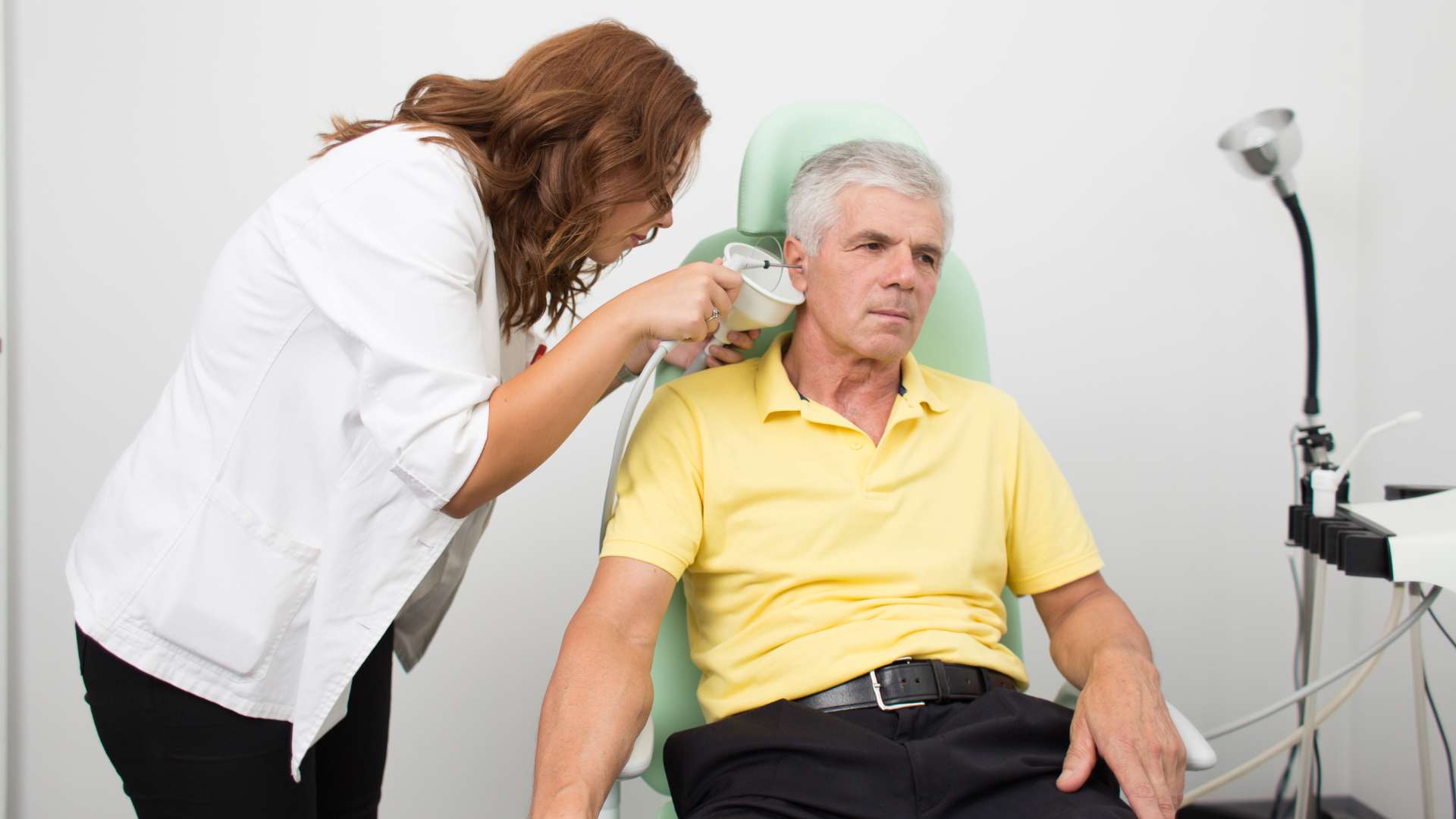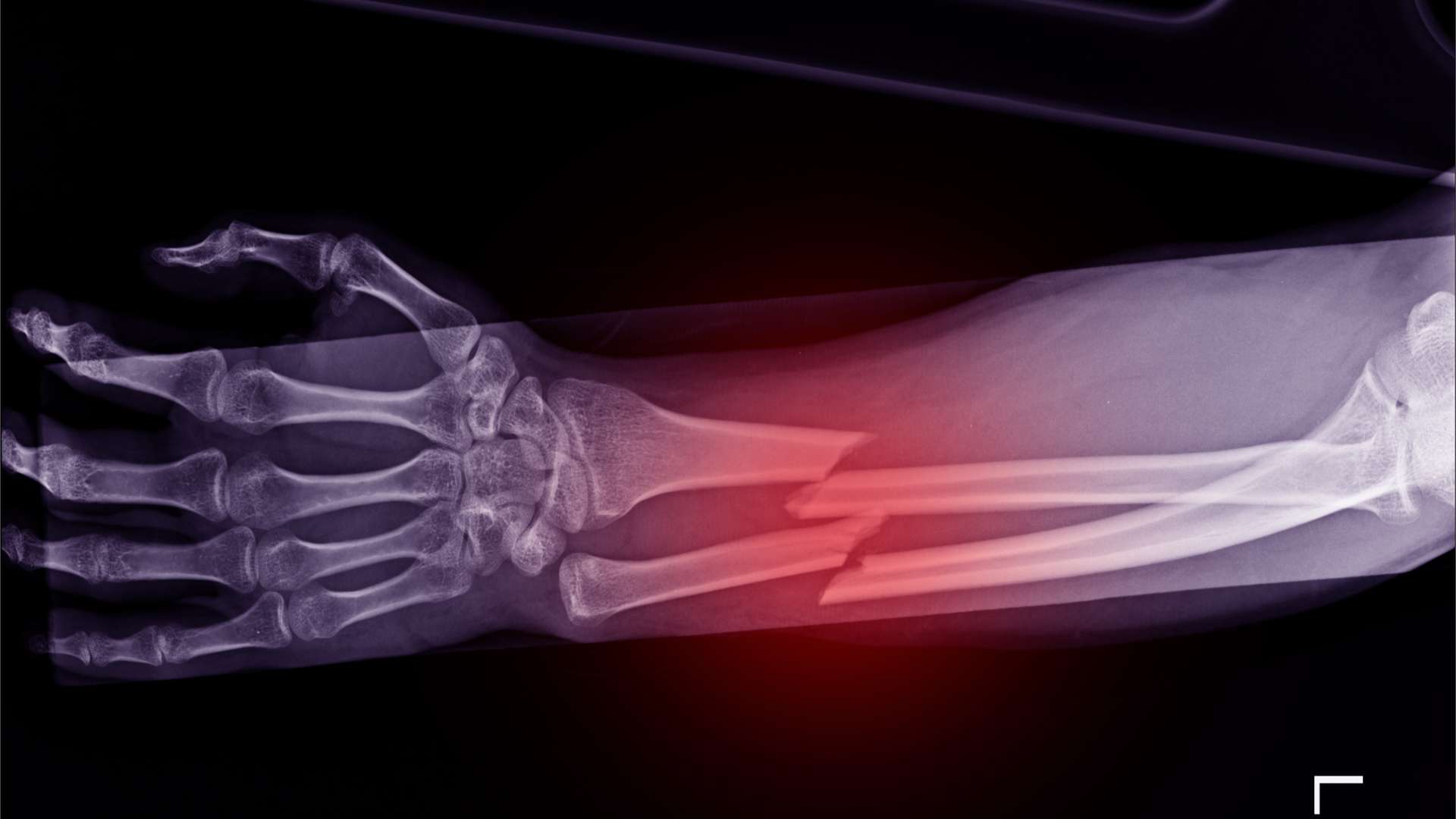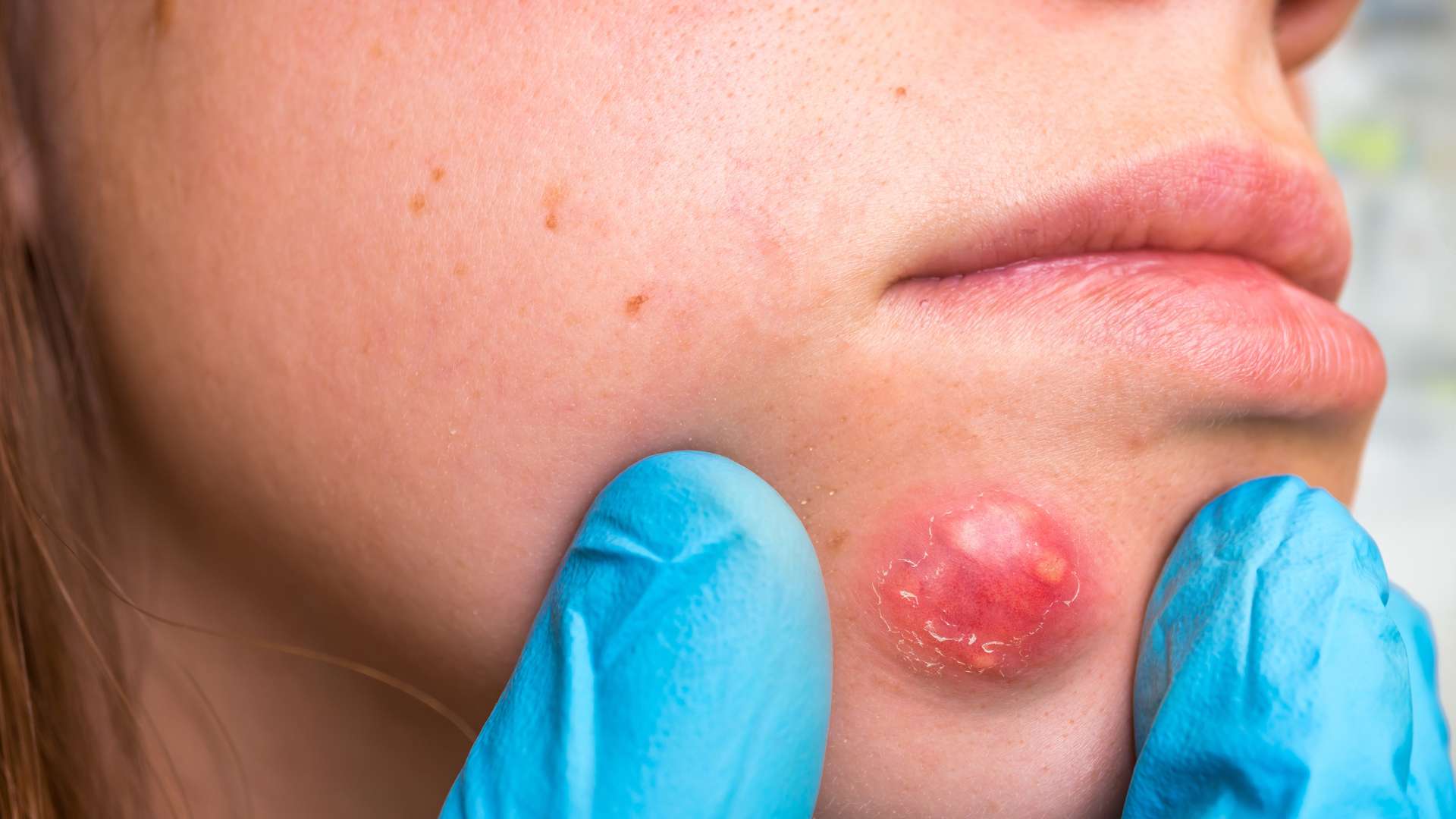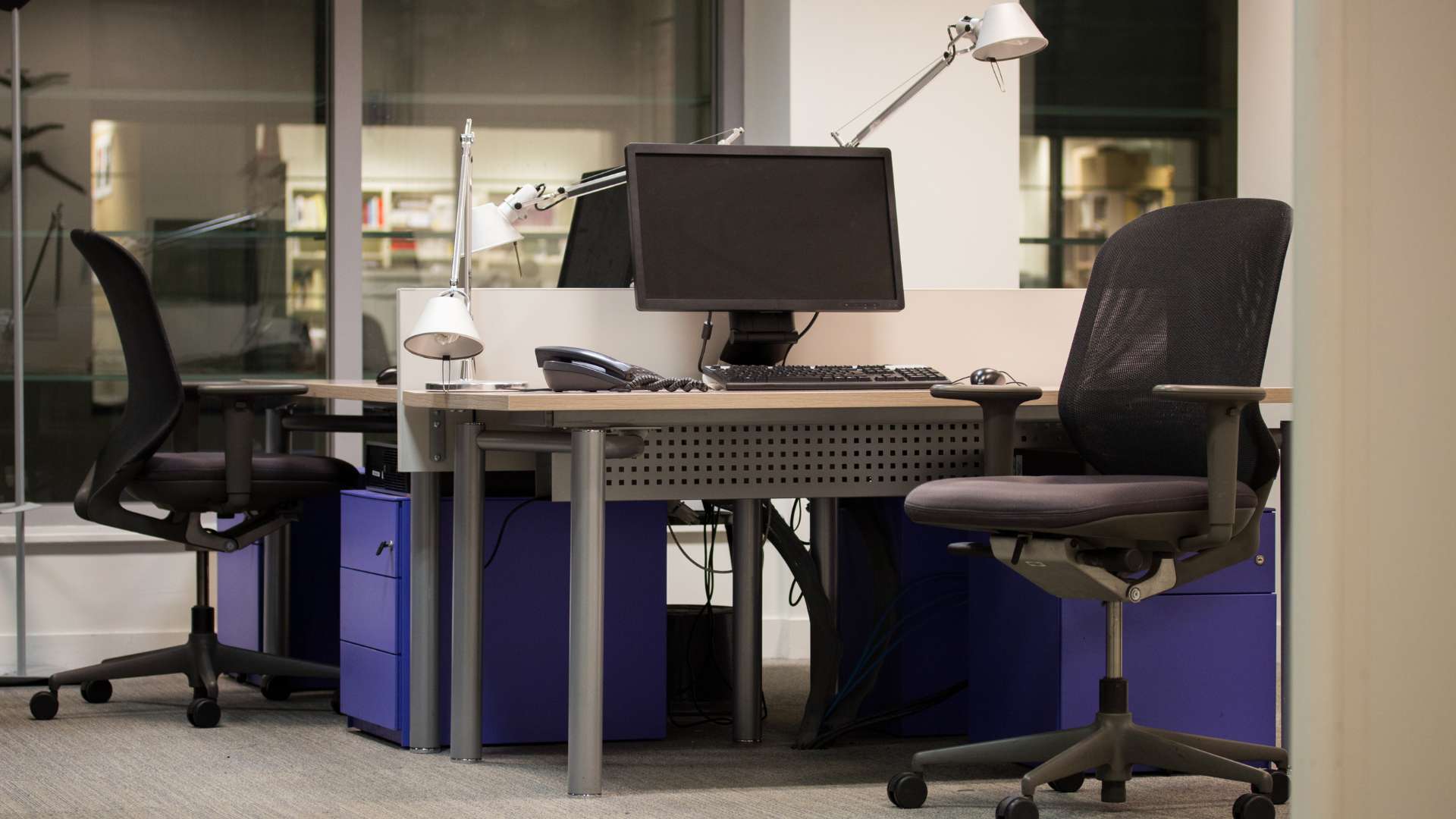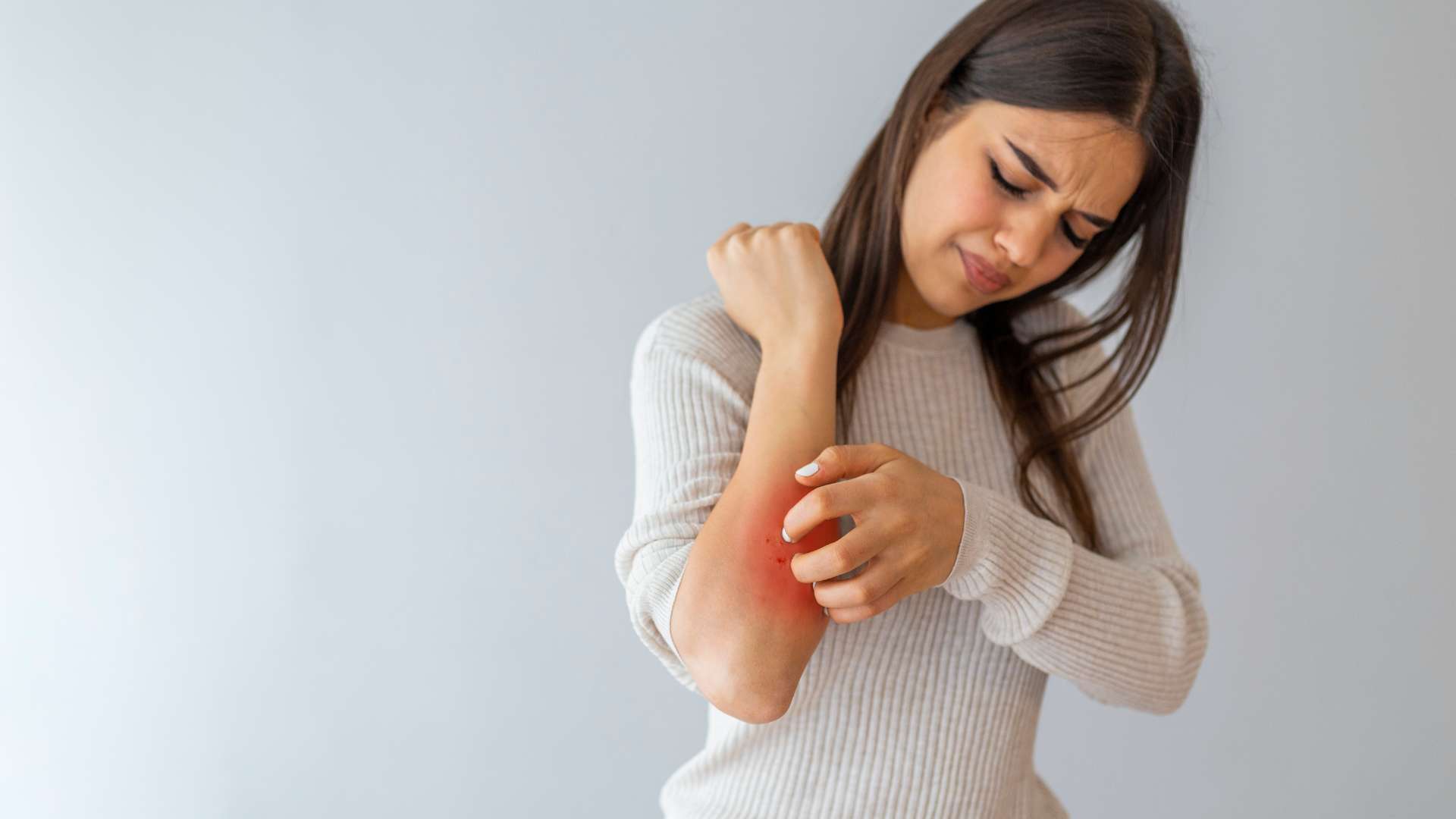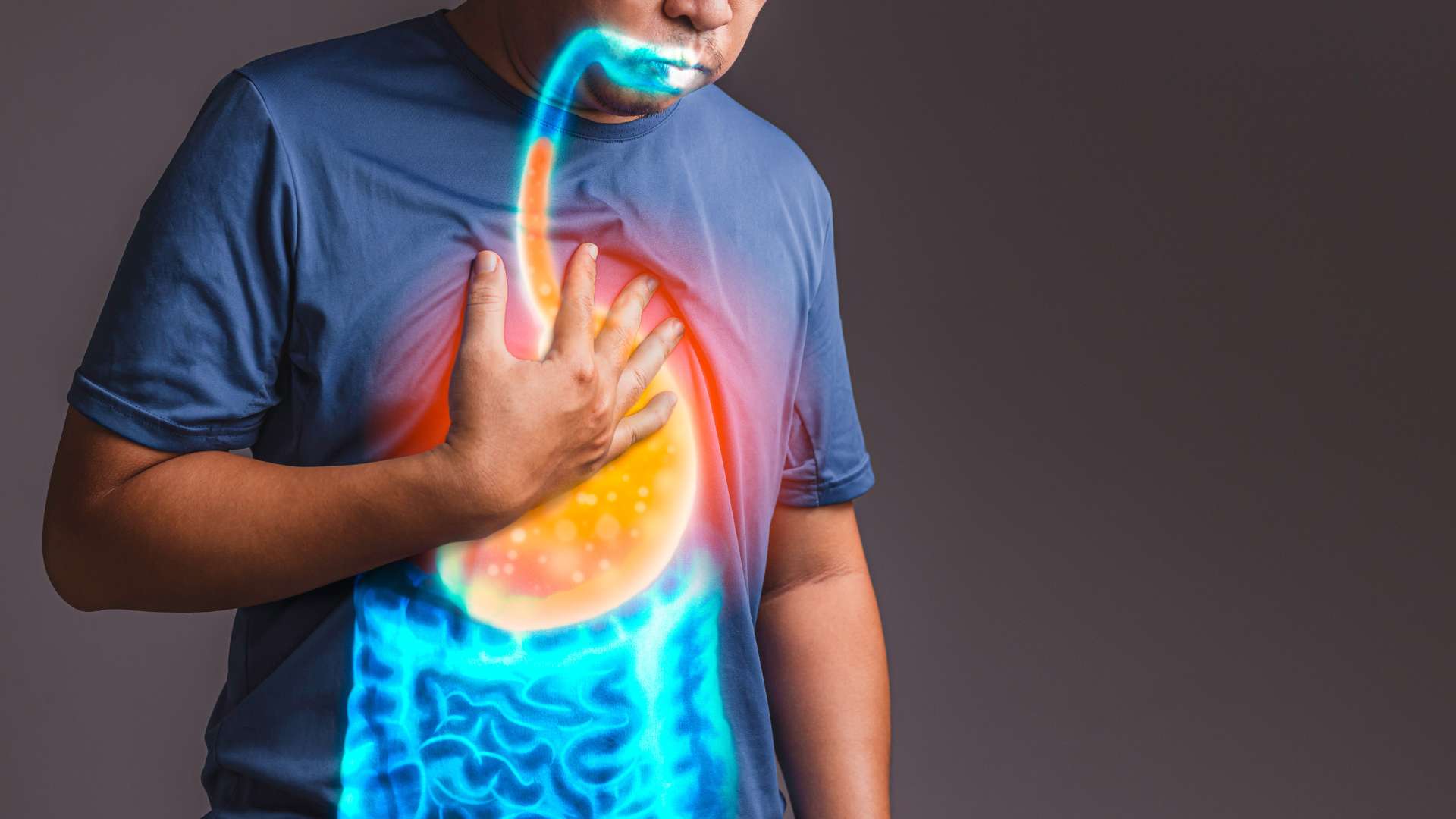Minor burns are superficial burns that only affect the top layer of the skin (epidermis) and sometimes the second layer (dermis). They are typically caused by brief contact with a hot object, hot liquid, or a brief flame.
Occupational Causes of Minor Burns
Workers in various industries may risk experiencing minor burns due to factors in their work environment, substances, or tasks. Some common occupational causes of minor burns include:
Contact with Hot Surfaces: Employees handling hot objects or working near hot surfaces can accidentally come into contact with them, leading to minor burns.
Hot Liquids: Workers in the food service industry or laboratories may be exposed to hot liquids that can cause minor burns.
Flammable Substances: Employees working with flammable substances may encounter brief flames that cause minor burns.
Preventing Occupational Minor Burns through Proper Education
Proper education and preventive measures are essential to reduce minor burns. Occupational Health Services can assist in implementing strategies, including:
Safety Training: We provide comprehensive training programs to educate employees on handling hot objects, hot liquids and working safely around flammable substances.
Workplace Assessments: We conduct thorough assessments to identify potential burn hazards and provide recommendations for preventive measures.
Personal Protective Equipment (PPE): We offer guidance on selecting and using appropriate PPE, such as heat-resistant gloves, to minimize the risk of minor burns.
Safe Work Practices: We collaborate with employers to implement practices that prioritize employee safety and minimize the risk of minor burns.
Caring for a Minor Burn Before Medical First Responders Arrive
In the event of a minor burn on the job site, it is crucial to take immediate action to minimize further damage and seek medical attention promptly:
Cool the Burn: Run cool (not cold) water over the burn for about 10 minutes to help soothe the pain and reduce the temperature of the burn.
Remove Constrictive Items: If the burn is not on the face or hands, remove constrictive items, such as rings or bracelets, as the affected area may swell.
Cover the Burn: Cover the burn with a sterile, non-stick bandage or clean cloth to protect it from infection.
Pain Management: Over-the-counter pain relievers, such as acetaminophen or ibuprofen, can help manage pain and reduce inflammation.
Assisting Business Owners and Employees with Long-Term Effects
Occupational Health Services is dedicated to supporting both employers and employees in managing minor burns:
Injury Prevention Programs: We develop prevention programs that address burn risks and promote safe work practices.
Post-Injury Support: We provide post-injury support to employees dealing with the effects of a minor burn.
Burn Scar Management: For those with lingering effects of minor burns, we offer guidance on burn scar management and rehabilitation.
Prioritize Burn Prevention with Occupational Health Services
Promoting burn prevention and safeguarding your workforce’s health is paramount. Let Occupational Health Services be your partner in creating a work environment that prioritizes employee safety.
Learn about the services and resources we can offer your business, then contact us for your appointment.

